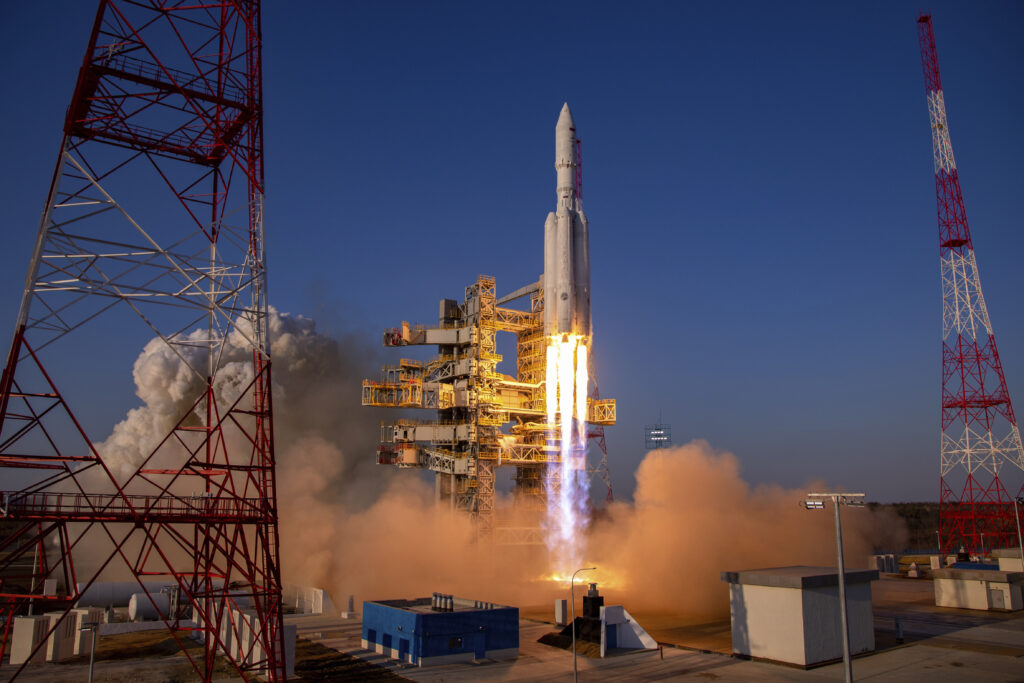
Pavel Luzin explains how Russia is trying to preserve and restore the capabilities it once had in space
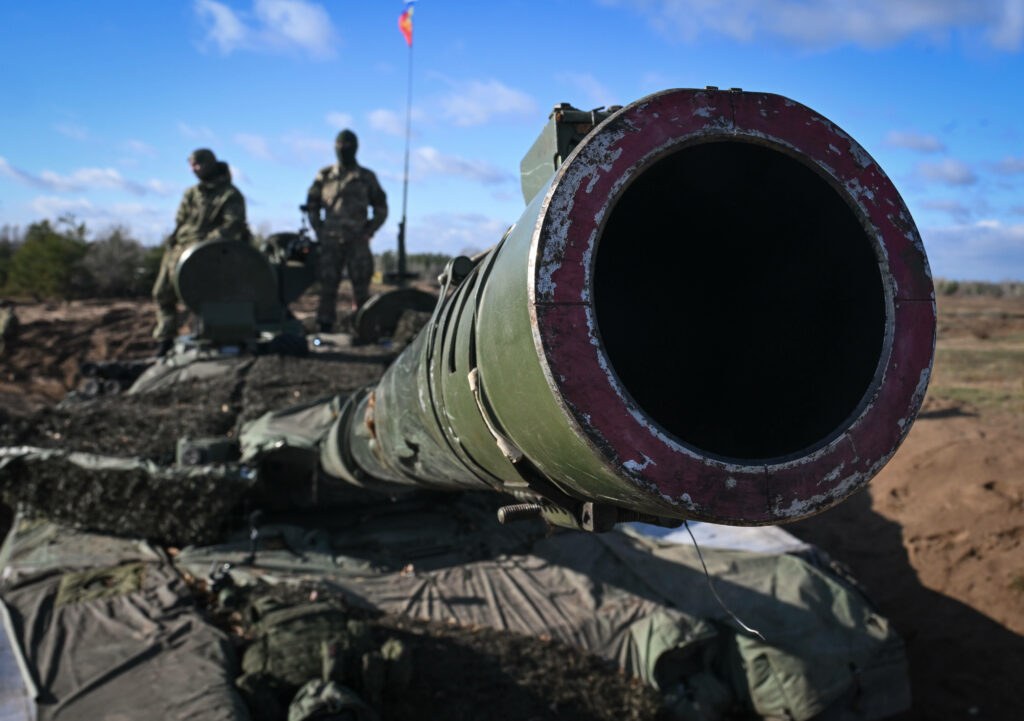
Pavel Luzin on what the available data suggests about Russian army and military production
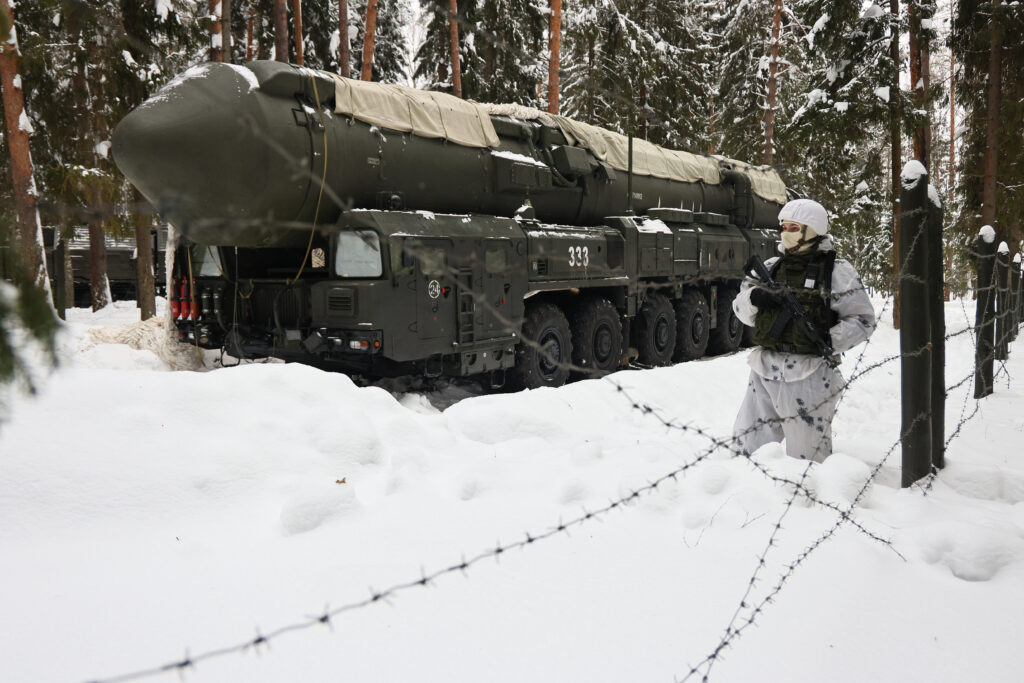
Pavel Luzin on why Russia's decision to suspend its participation in the New START Treaty masks its weaknesses
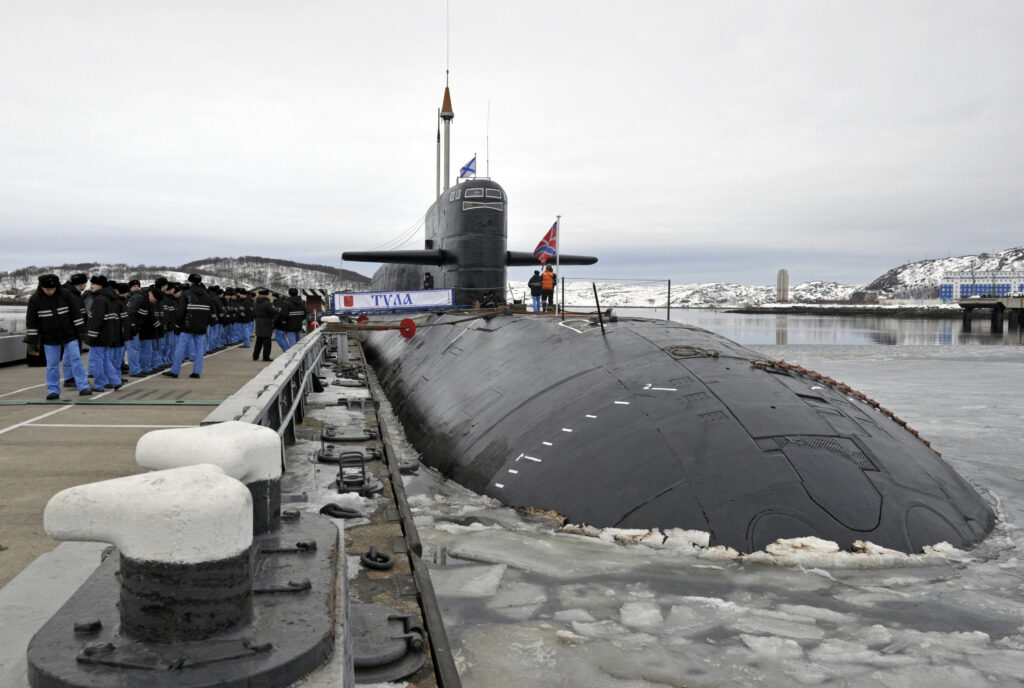
Pavel Luzin discusses why suspended participation in the Treaty is a way to mask weaknesses
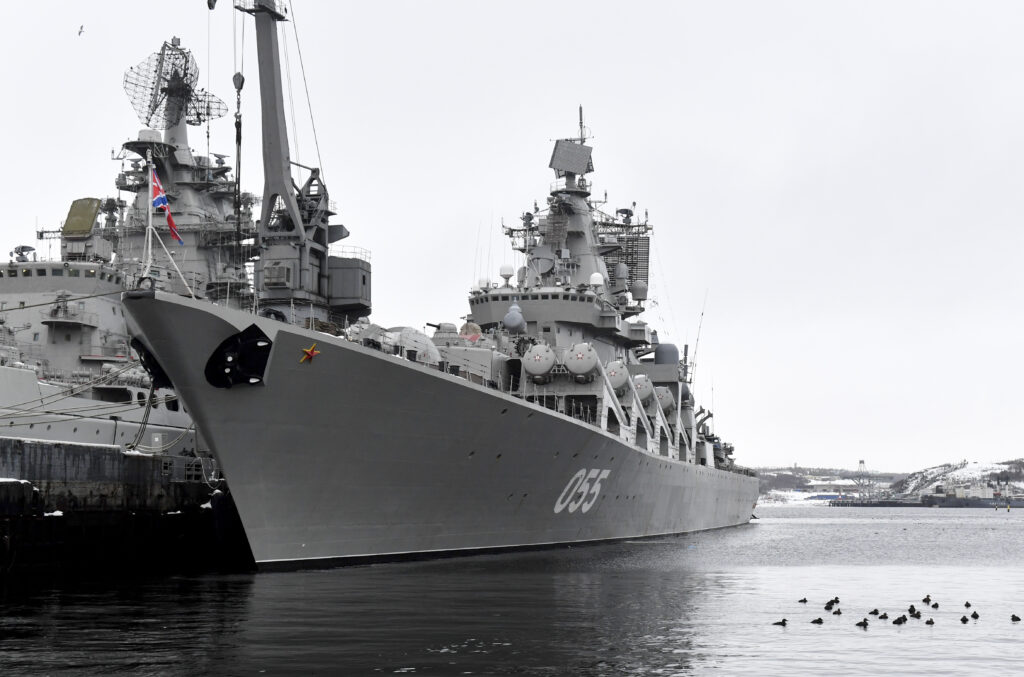
Pavel Luzin reflects on what NATO expansion means for the Russian Navy
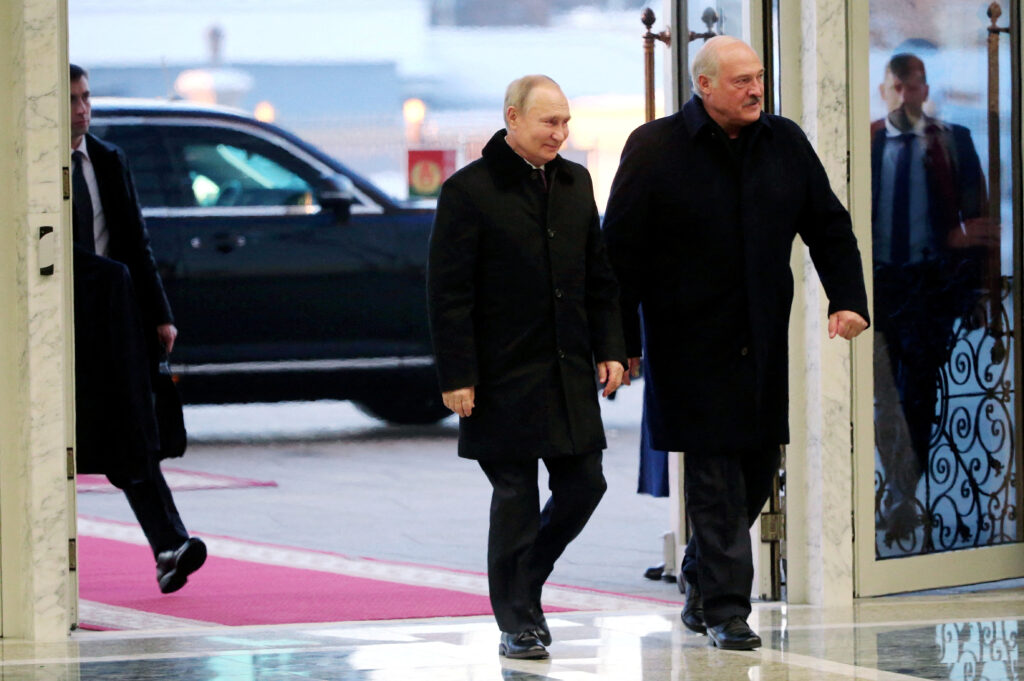
Pavel Luzin explains why Russia has announced the deployment of its tactical nuclear weapons in Belarus
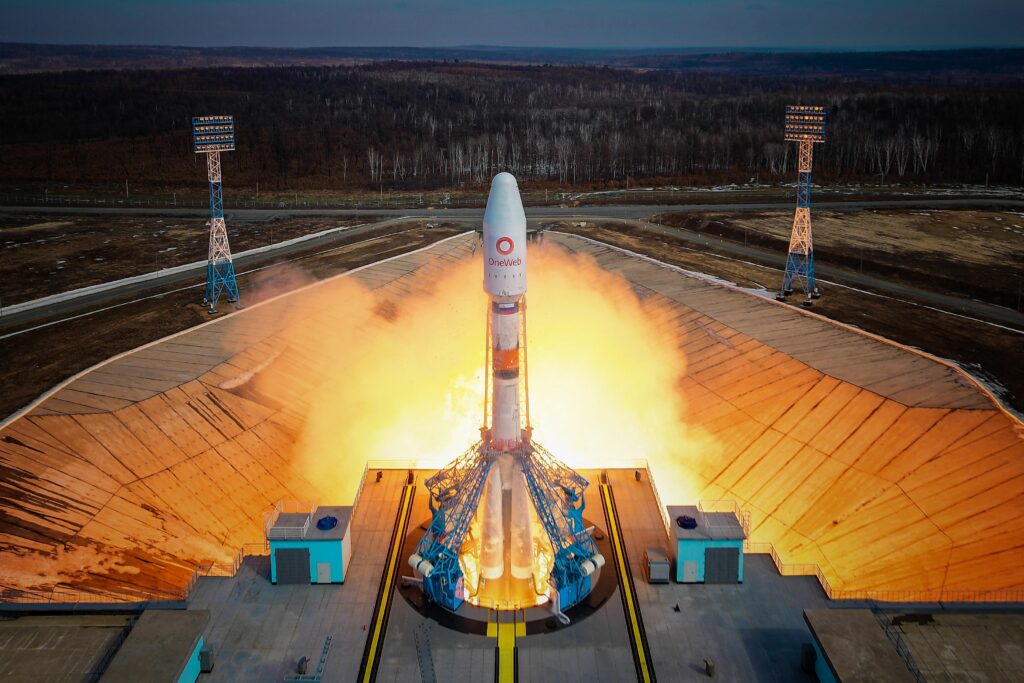
Pavel Luzin discusses Russia’s military space programme during wartime
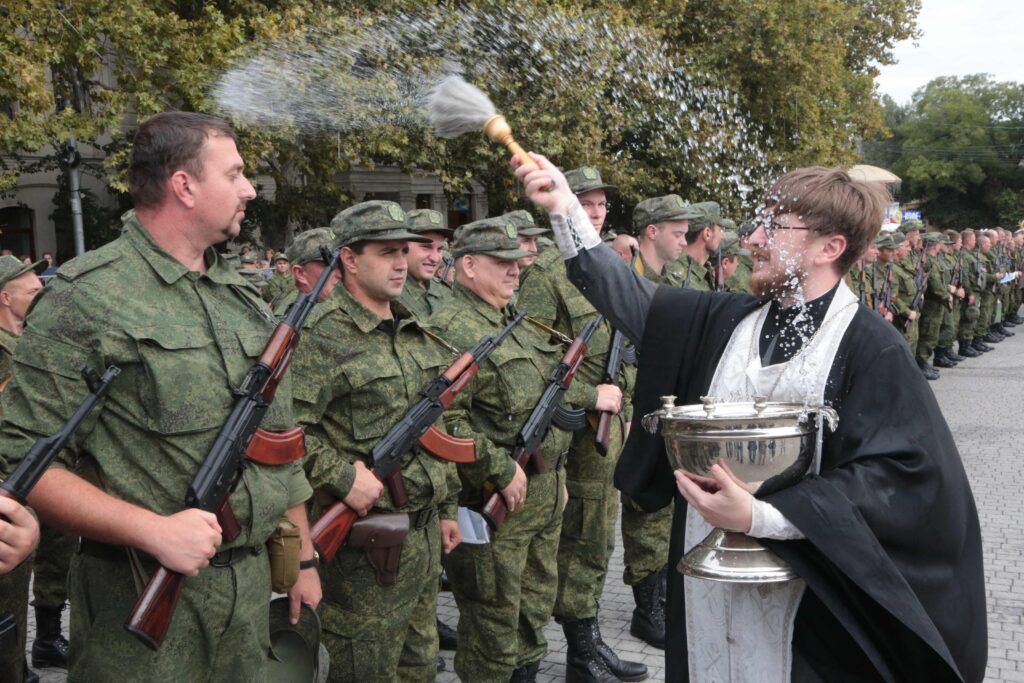
Pavel Luzin on why the announced plans can hardly be called military reform
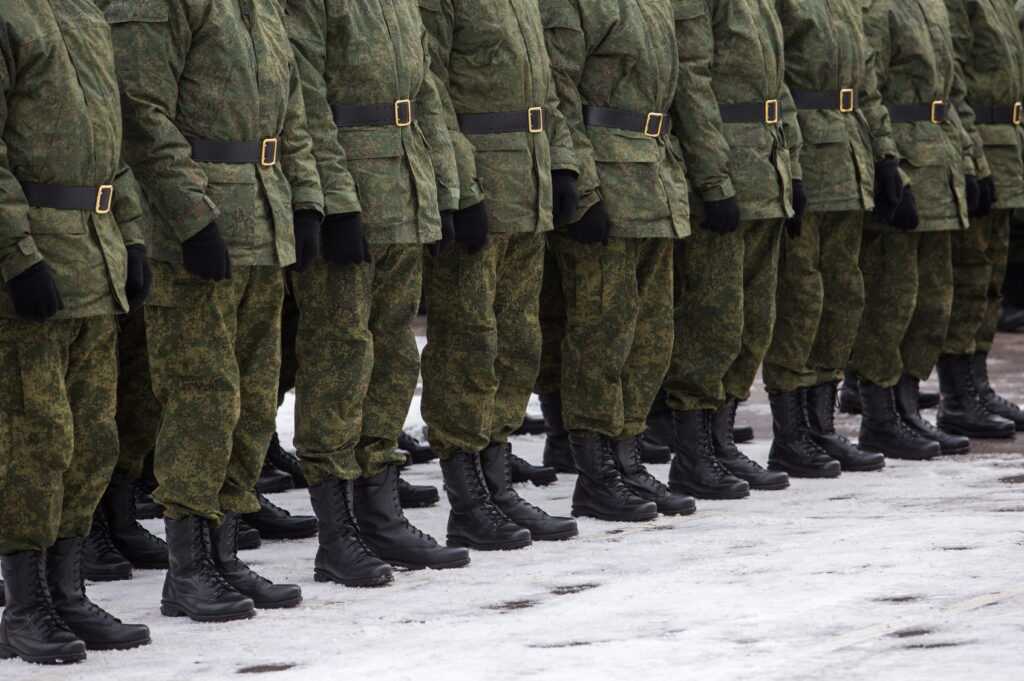
Pavel Luzin on whether the Russian army can be increased to 1.5 million
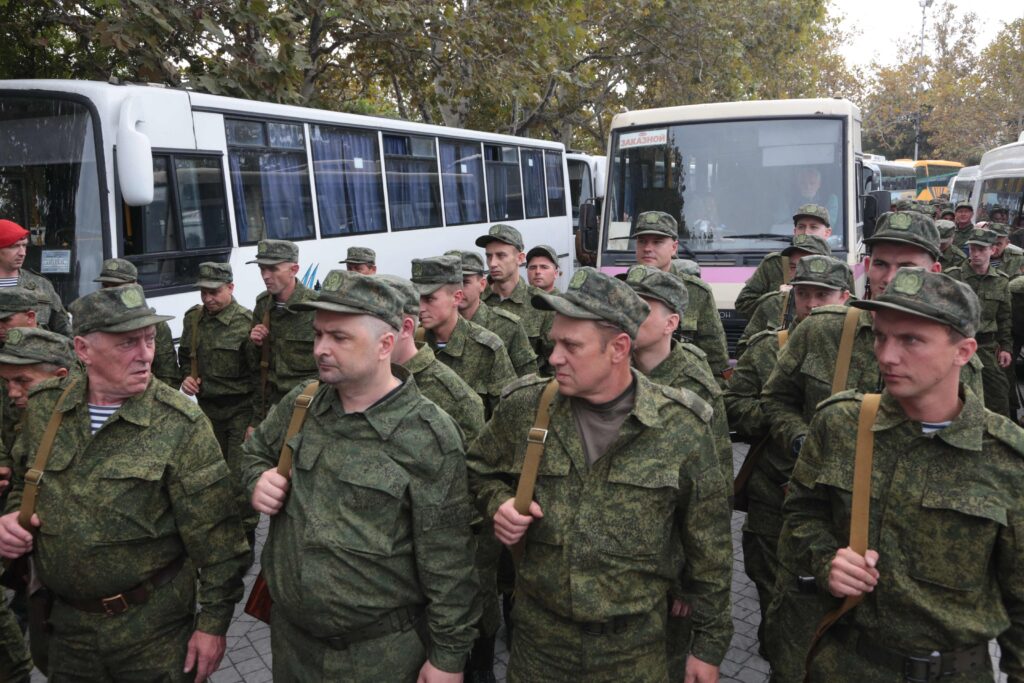
Pavel Luzin on why mobilization leads not to replenishment, but to further degradation of the Russian army
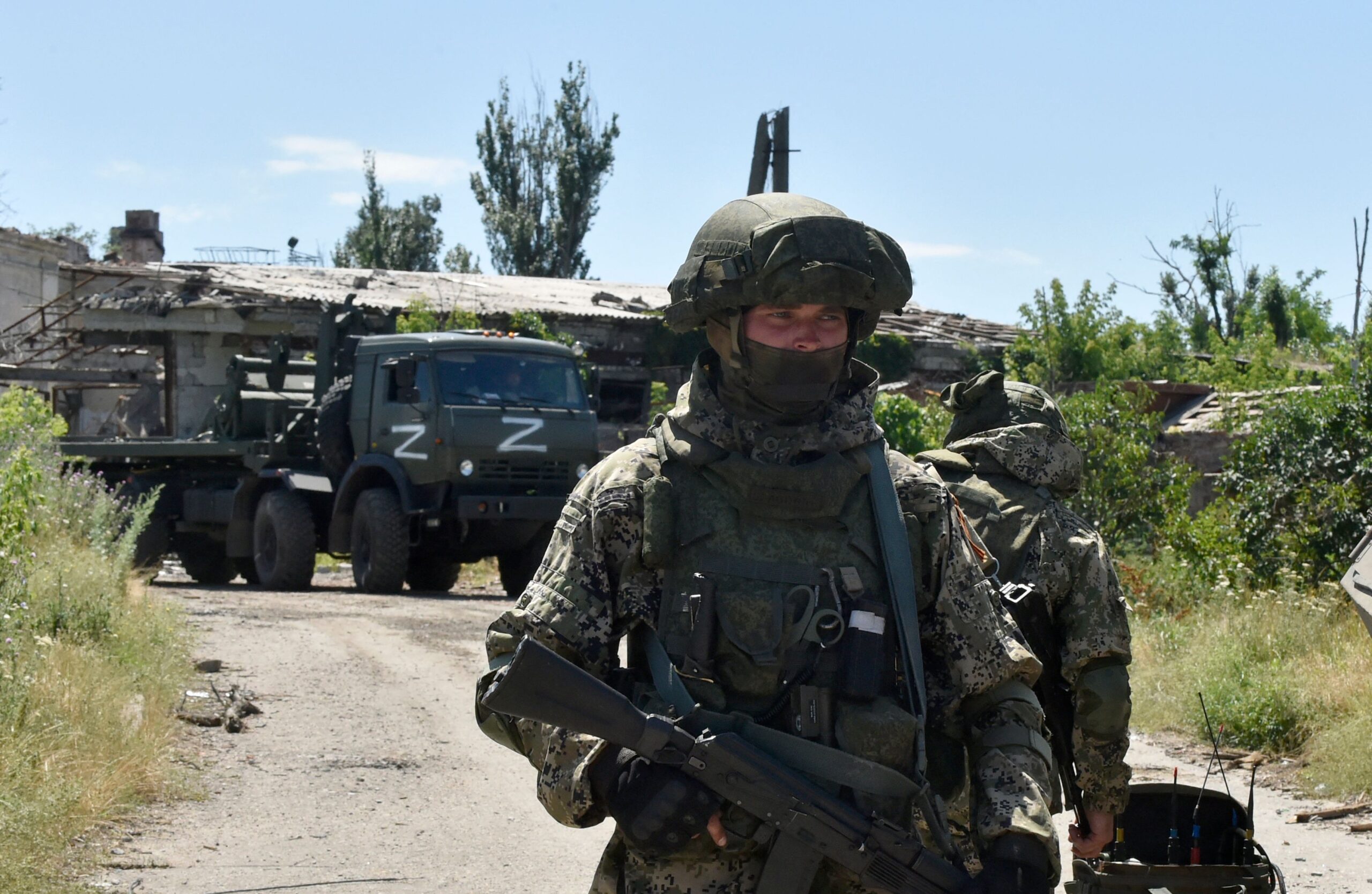
Pavel Luzin analyses why Russian ground forces are unlikely to return from the war
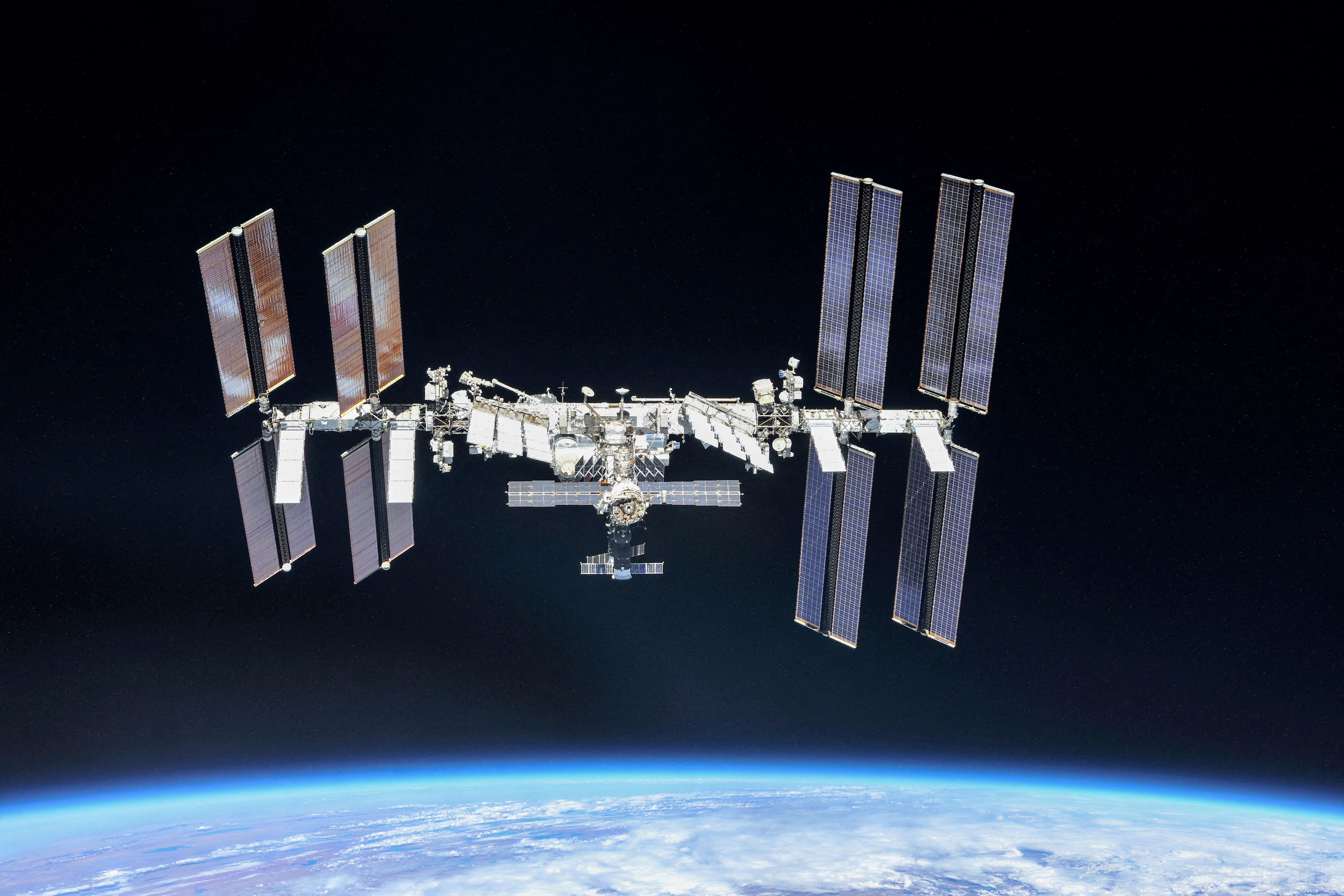
Pavel Luzin on what is behind the most recent announcement of Russia’s pull-out from the International Space Station
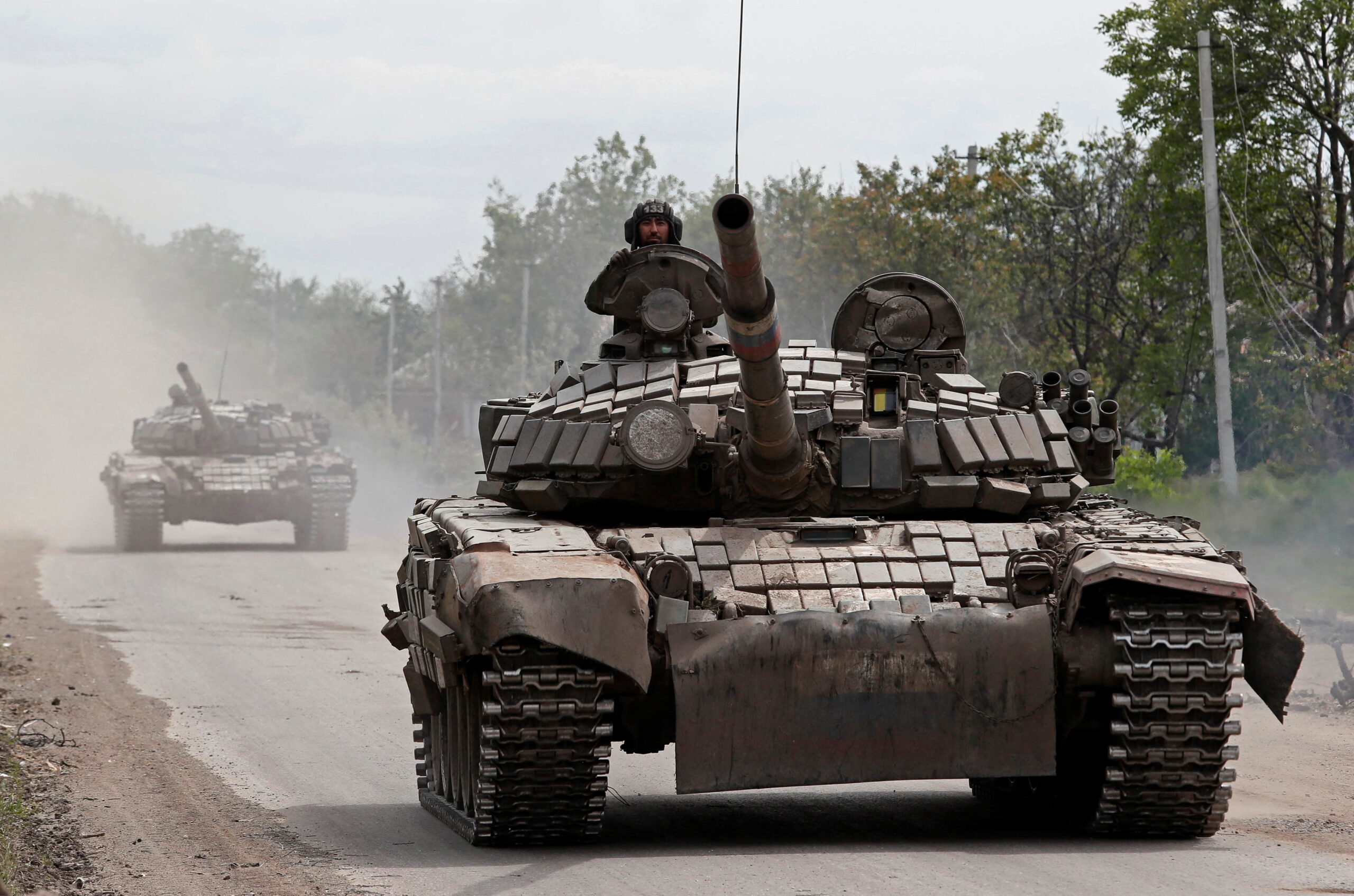
Pavel Luzin on why Russia’s military capabilities have suffered irreparable losses after four months of war
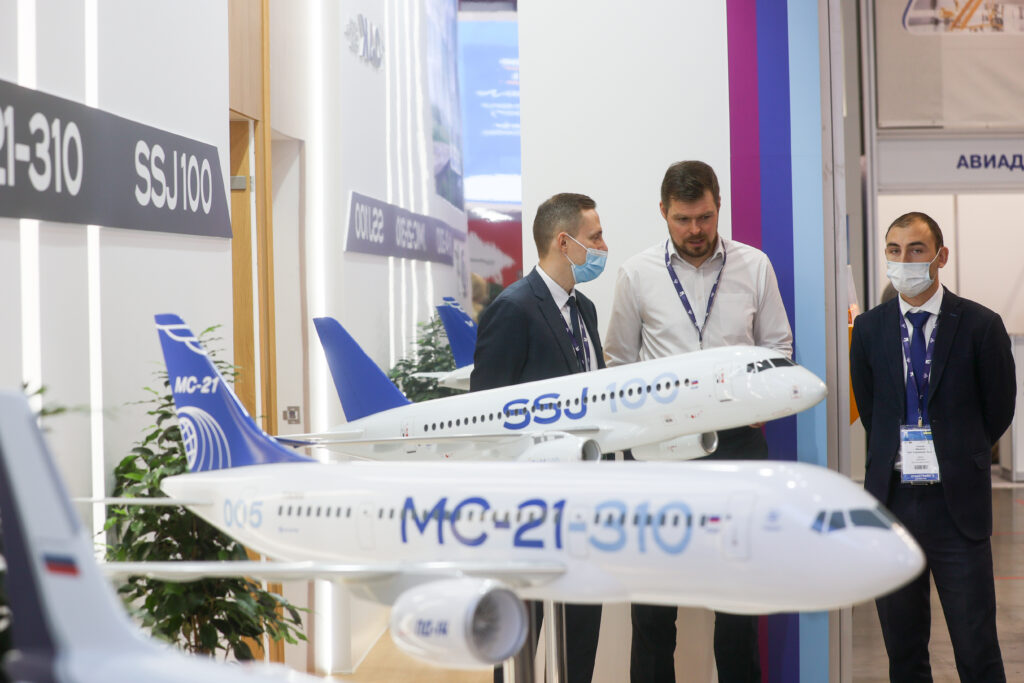
Pavel Luzin on how the war and sanctions are affecting one of the key sectors of Russian mechanical engineering
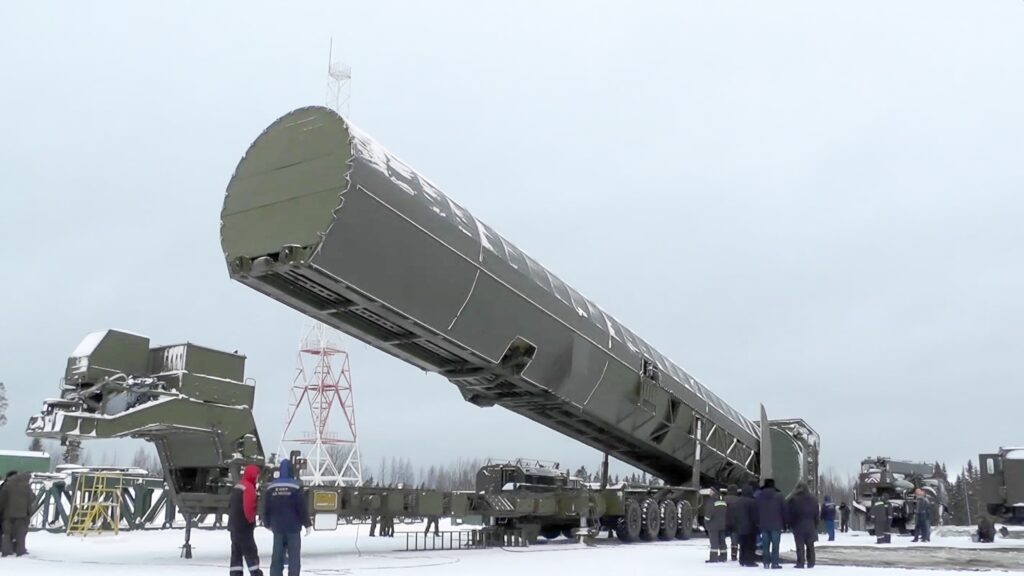
Pavel Luzin on what it means to put Russia’s deterrence forces on high alert
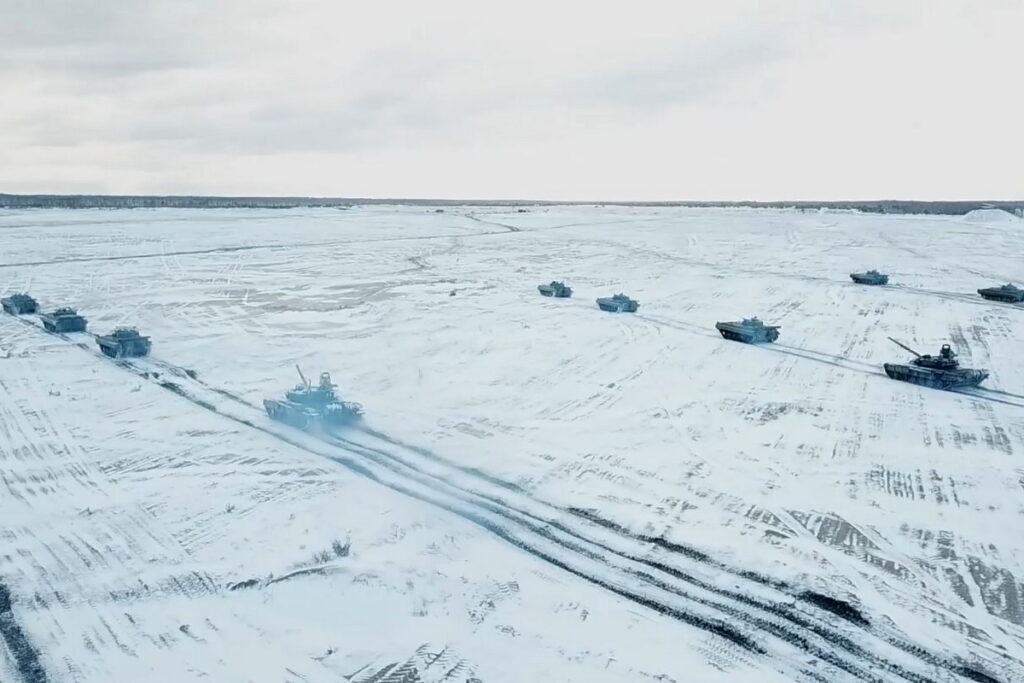
Pavel Luzin discusses what underlies the latest Russian-Belarusian military cooperation initiatives
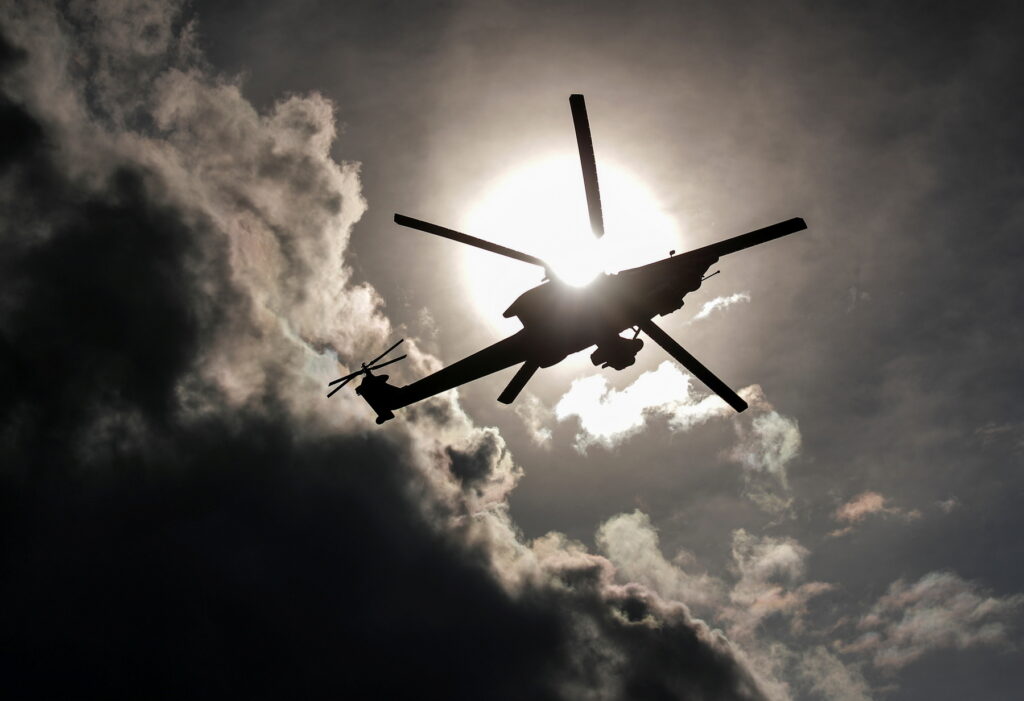
Pavel Luzin discusses the interconnections between military expenditures, military education, exercises in Belarus and Russia’s political system
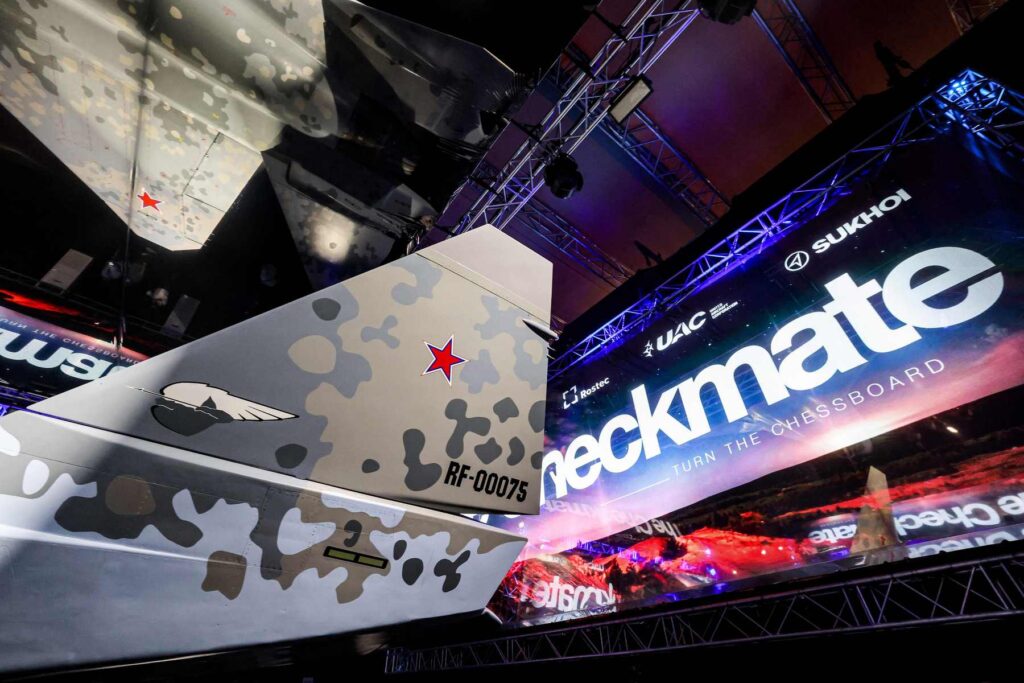
Pavel Luzin on Sukhoi Su-57 and Su-75 ‘Checkmate' fighters in the political and economic context
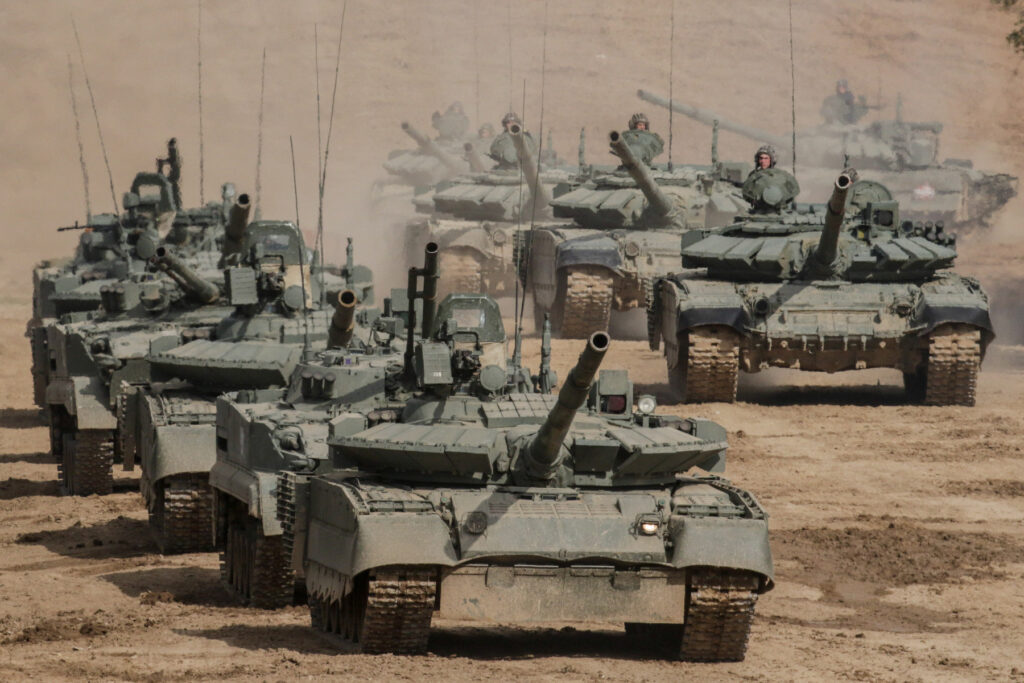
Pavel Luzin on why Russia is amassing troops near its western borders
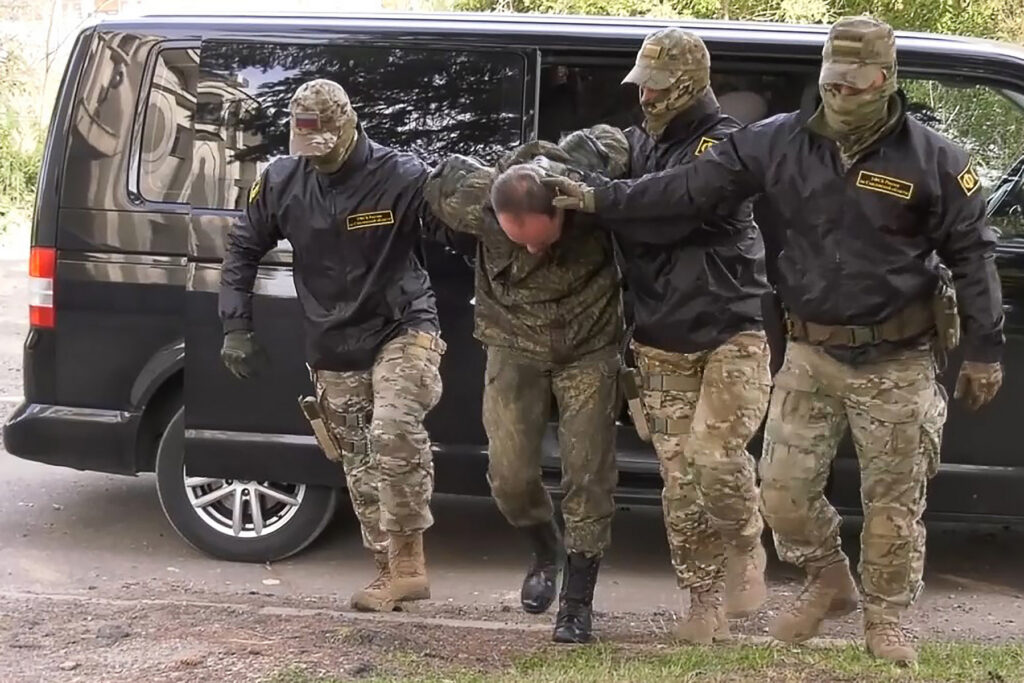
Pavel Luzin on the political logic and practice of combating ‘traitors’
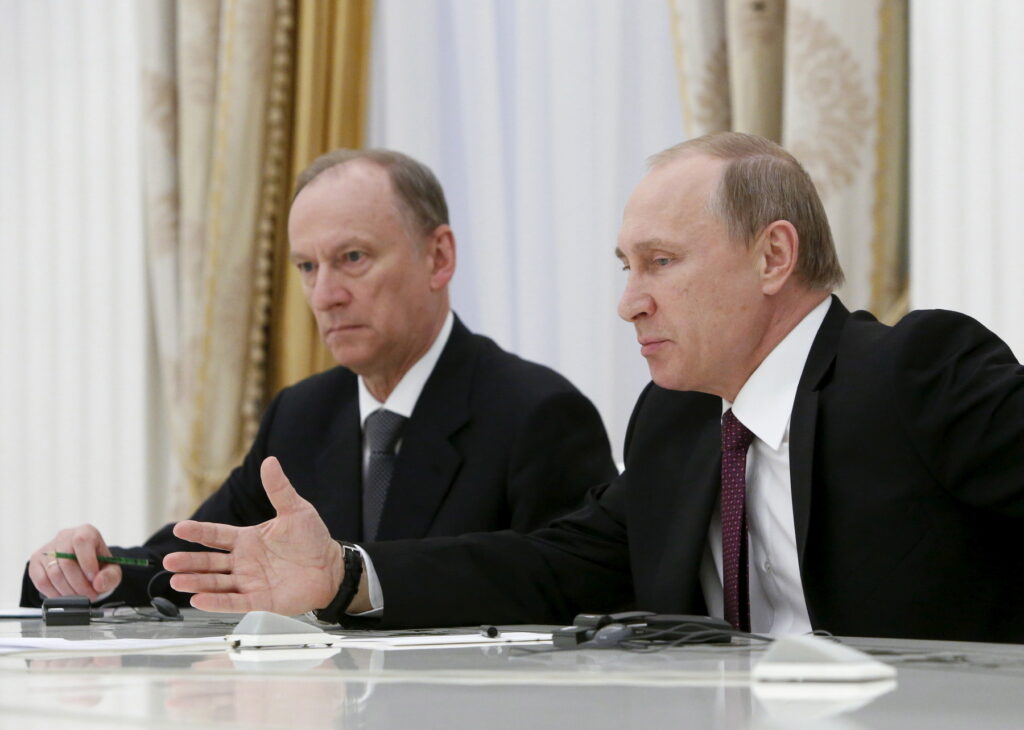
Pavel Luzin on the peculiar political mindset of the Russian elite
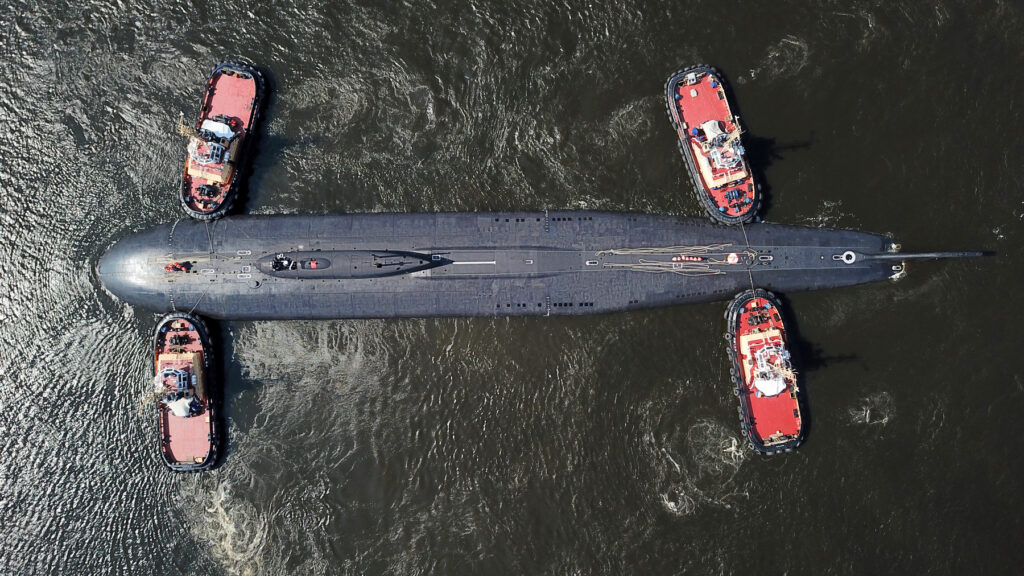
Pavel Luzin on how Moscow’s real capabilities impact its maritime ambitions
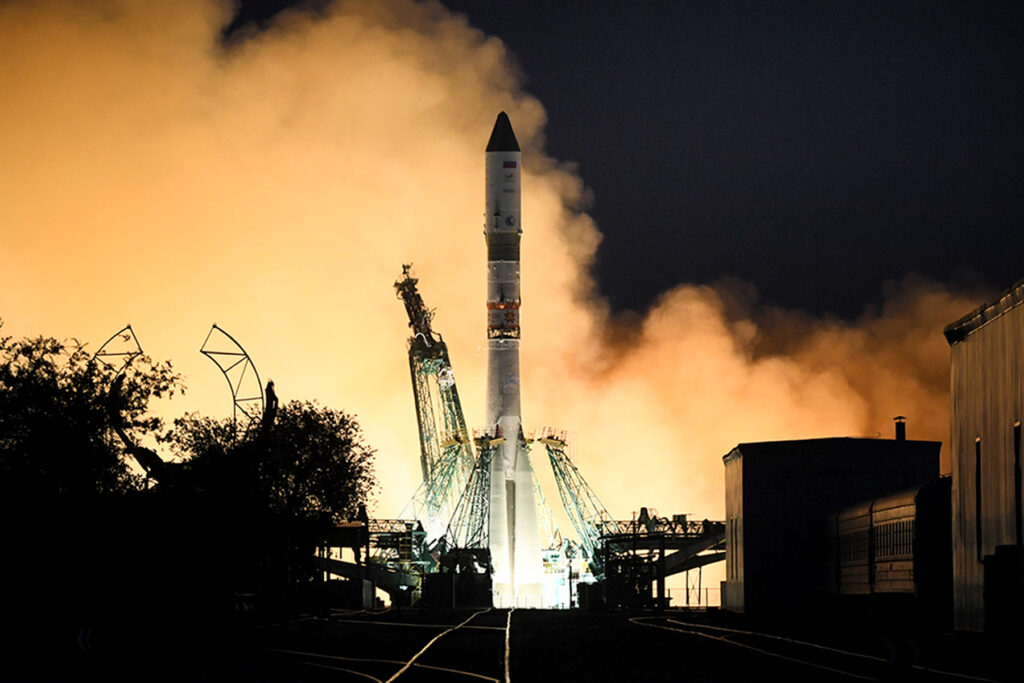
Pavel Luzin on how to make the space industry prosperous and keep up with the competition
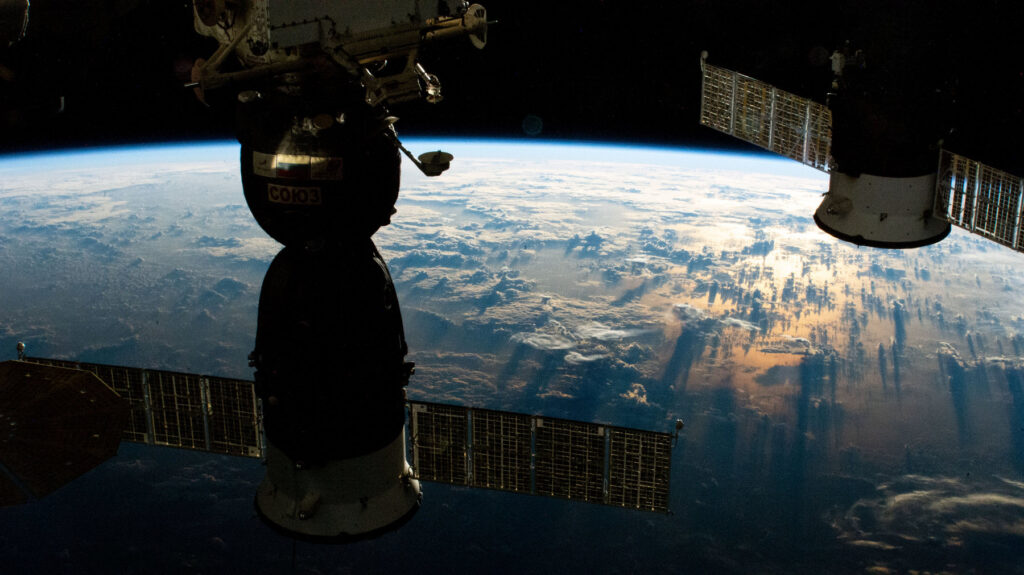
Pavel Luzin on why the Russian orbital station project is about bargaining with the USA

Pavel Luzin writes on the reasons why Russian intelligence agencies combine systemic and non-systemic activities in cyberspace
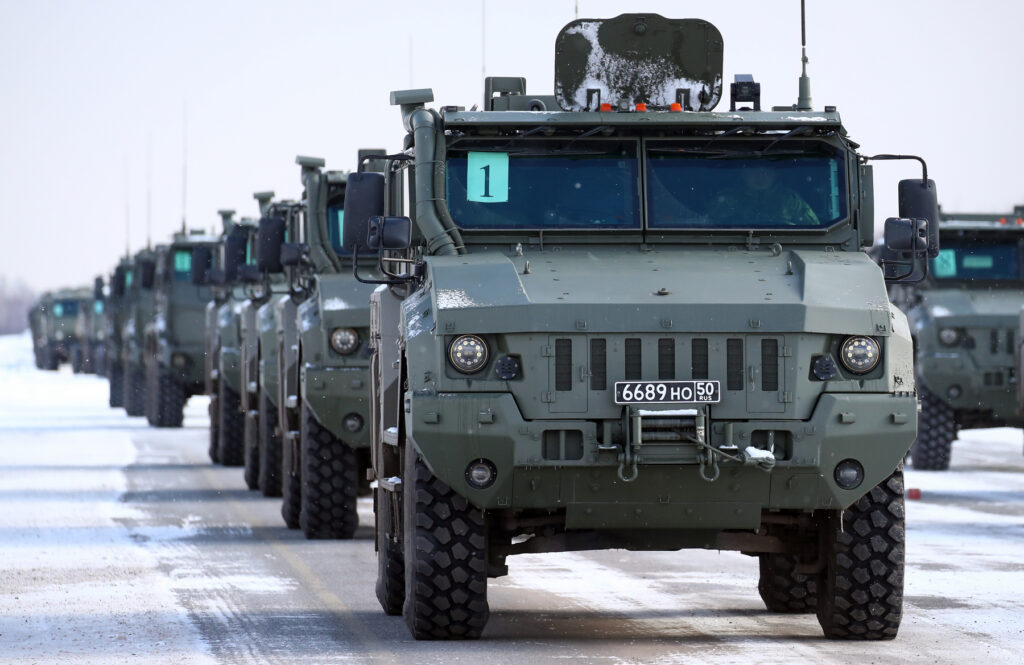
Pavel Luzin on the challenges and idiosyncrasies of the development of advanced military command-and-control systems in Russia
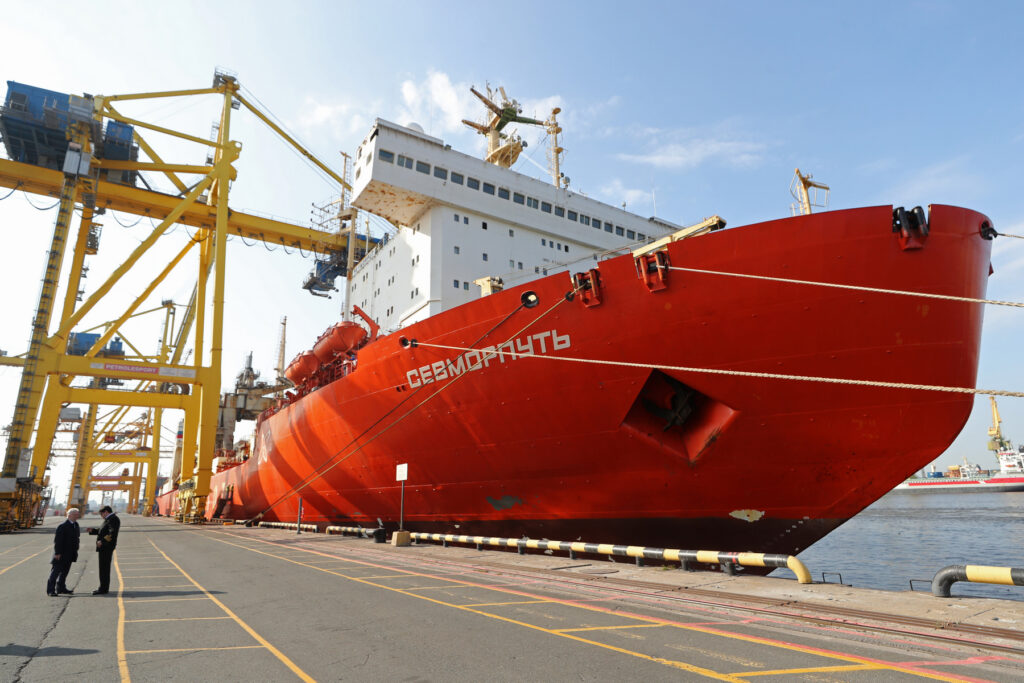
Pavel Luzin looks at the growing importance of Russia's Northern Sea Route, which is fraught with political and corporate entanglements.
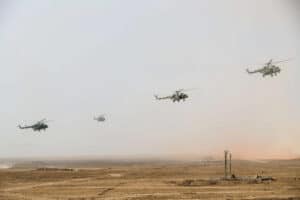
Pavel Luzin on the challenges the Russian defence industry will face in the 2020s
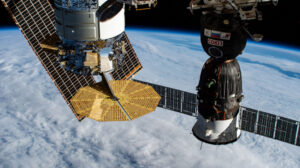
Pavel Luzin on whether Russia can rely on China and India in the field of space exploration
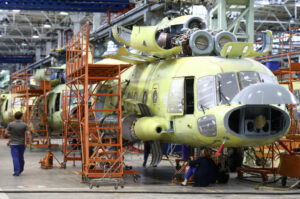
Pavel Luzin on Moscow’s worries about the Western sanctions
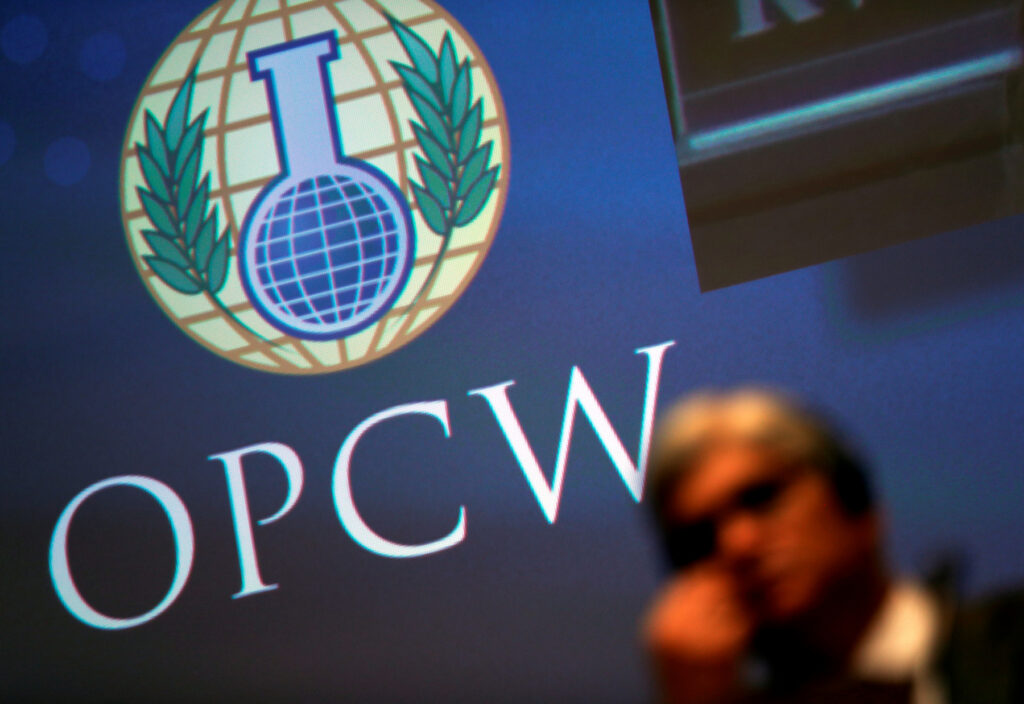
Pavel Luzin explains why the Russian approach to disarmament of chemical weapons is so controversial
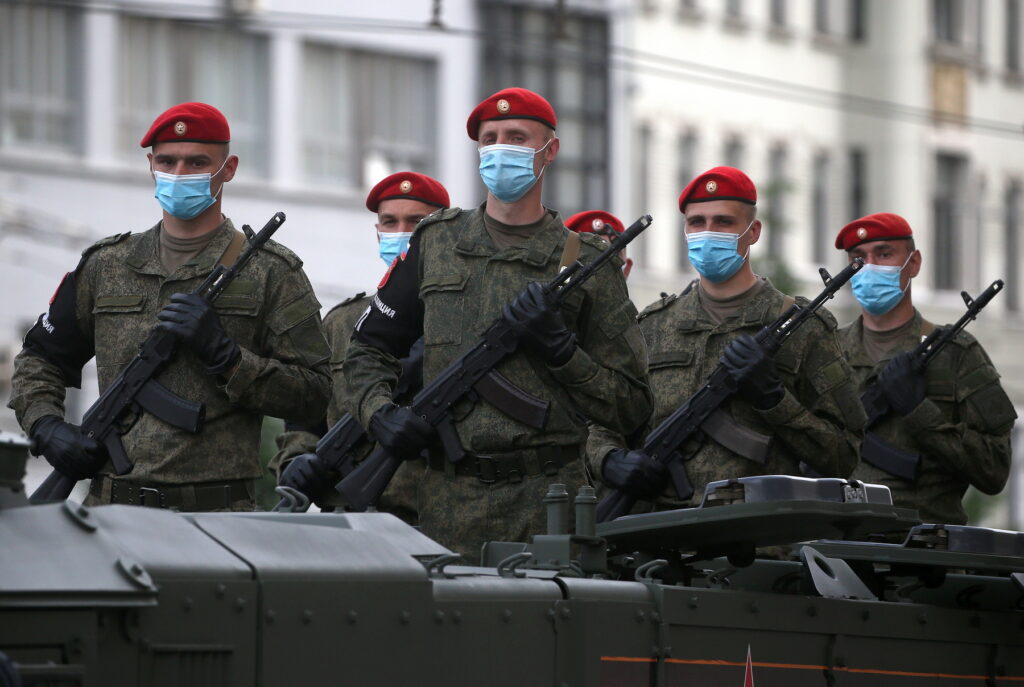
Pavel Luzin on herd immunity to COVID-19 in the Russian Armed Forces
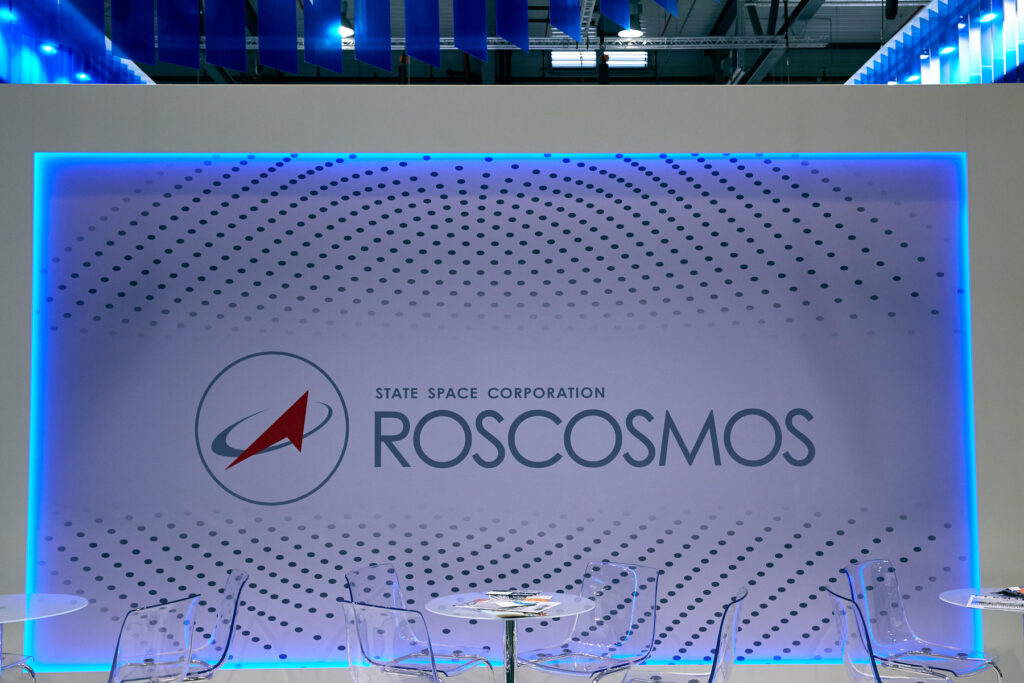
Pavel Luzin investigates why Russia's state-run space corporation is changing its structure once again
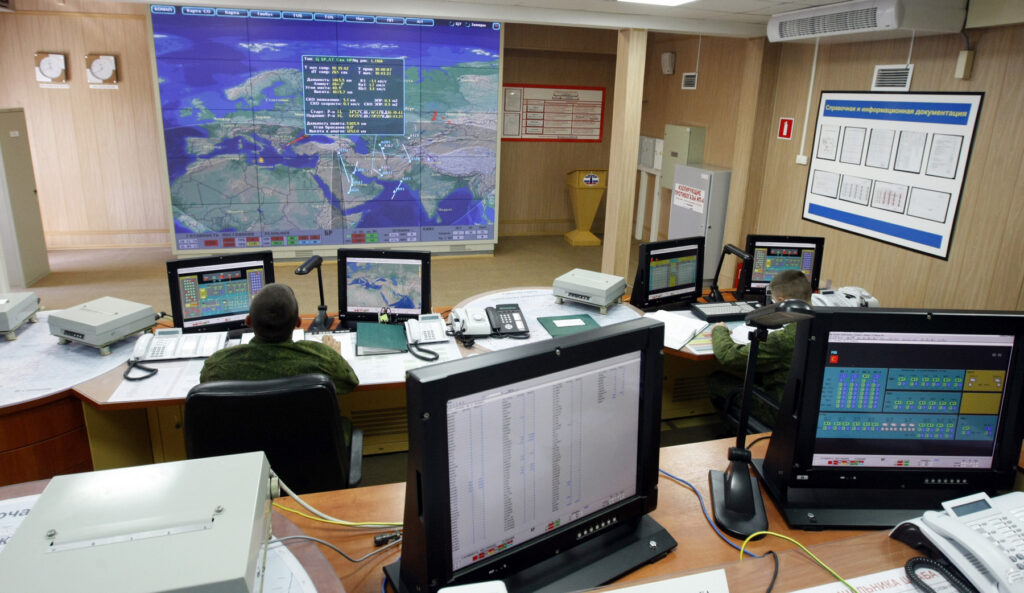
Why has Moscow given up on its radar station in Kazakhstan, and what is the fate of the sites in Belarus, asks Pavel Luzin?
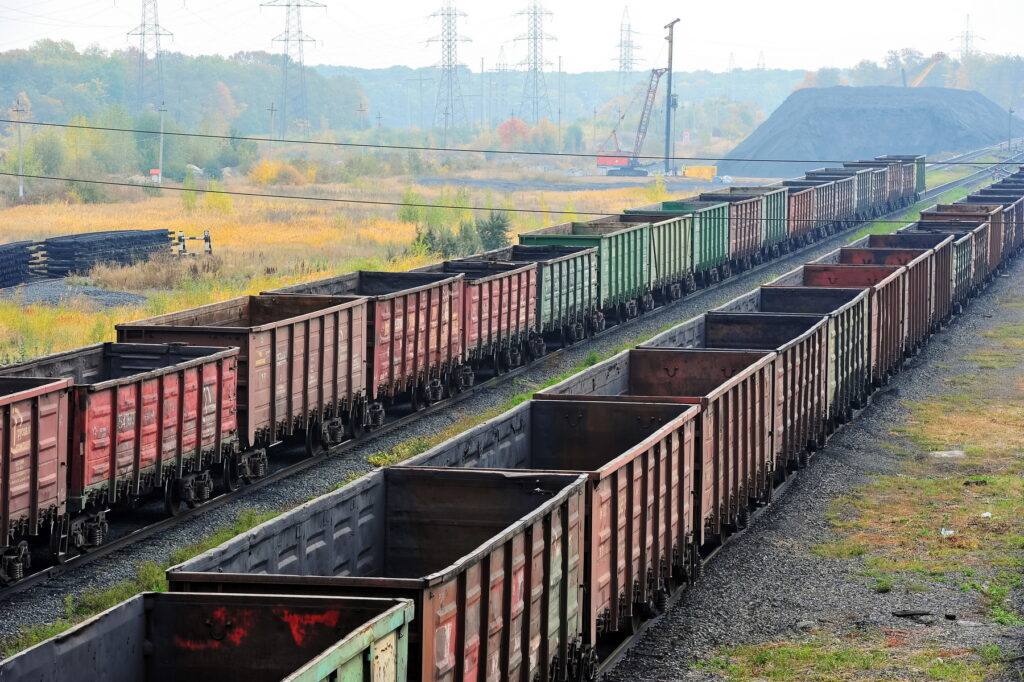
Pavel Luzin explains how keeping track of Russia’s railway plans can deliver insights into the country’s political mechanics
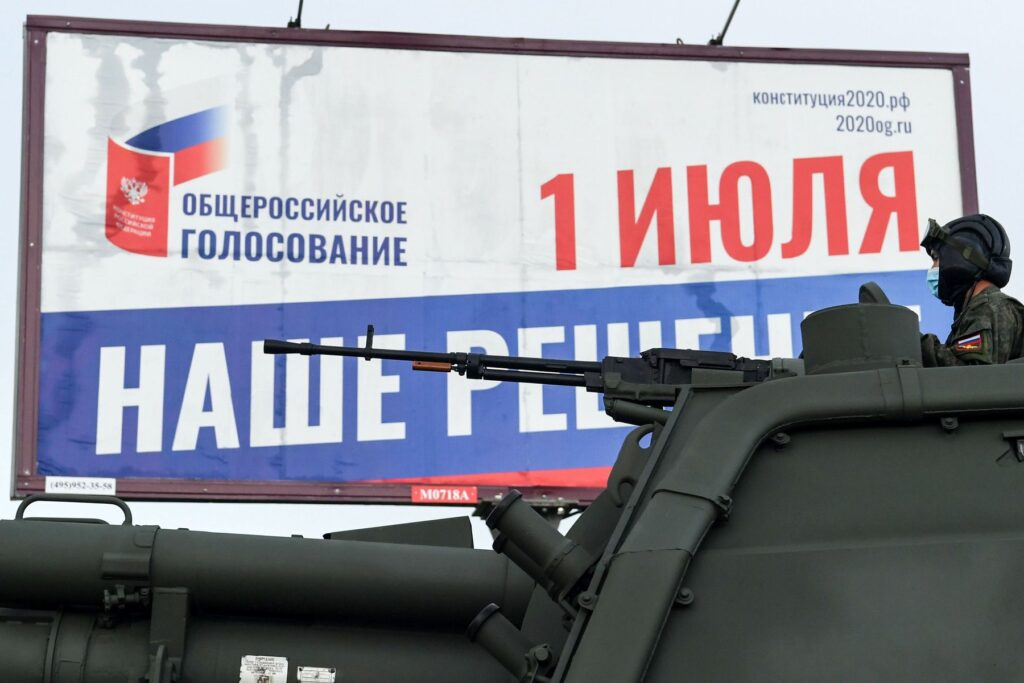
Pavel Luzin looks into the voting habits of Russia’s military and wonders why military personnel were more likely to vote against constitutional amendments than their compatriots
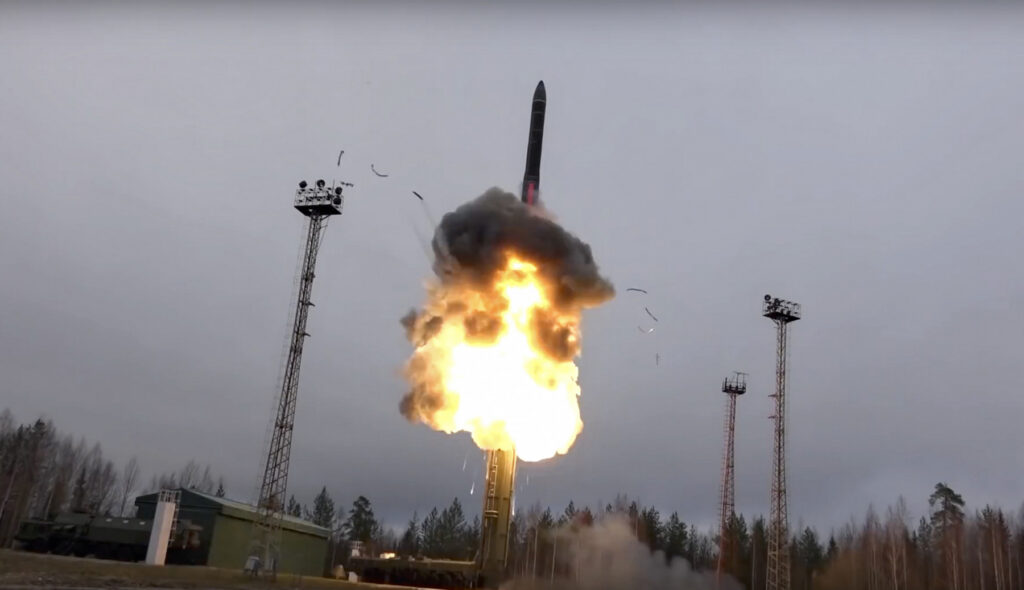
Pavel Luzin on why Russia is banking on hypersonic weapons
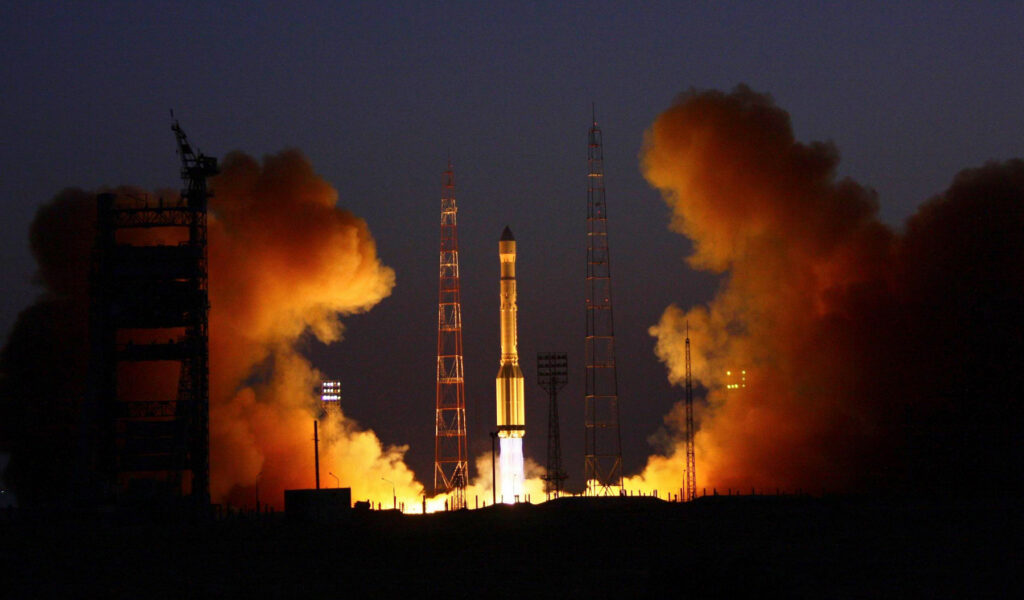
Pavel Luzin on the development trends around the Russian military satellite constellation
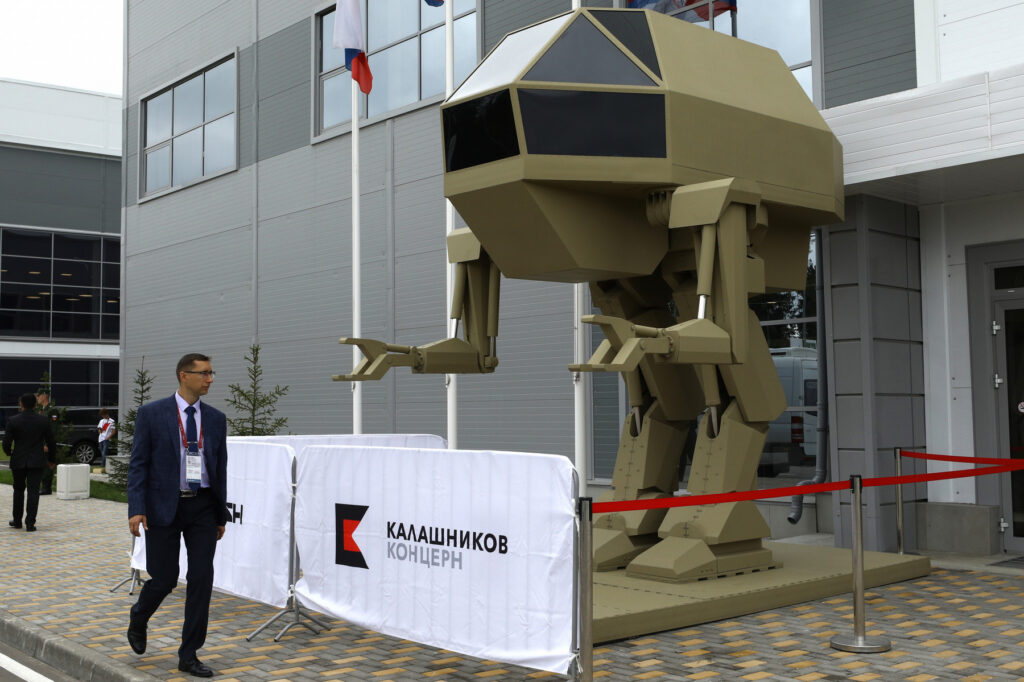
Pavel Luzin looks at the Russian military's strides toward robotization, and finds a few missteps
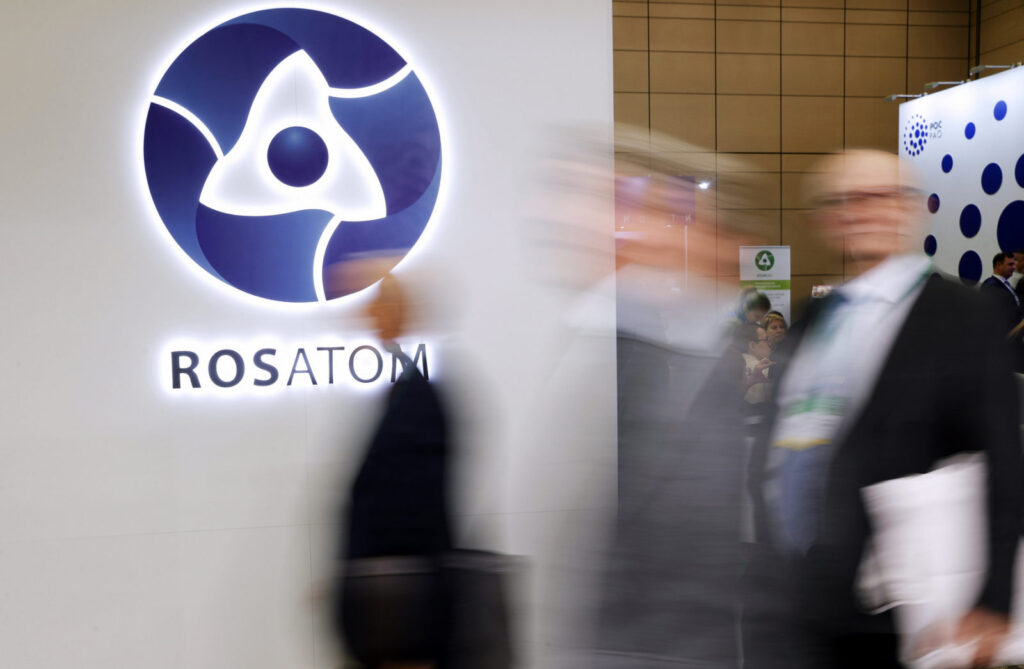
Pavel Luzin considers Rosatom’s role in Africa and its influence on Russia’s foreign policy
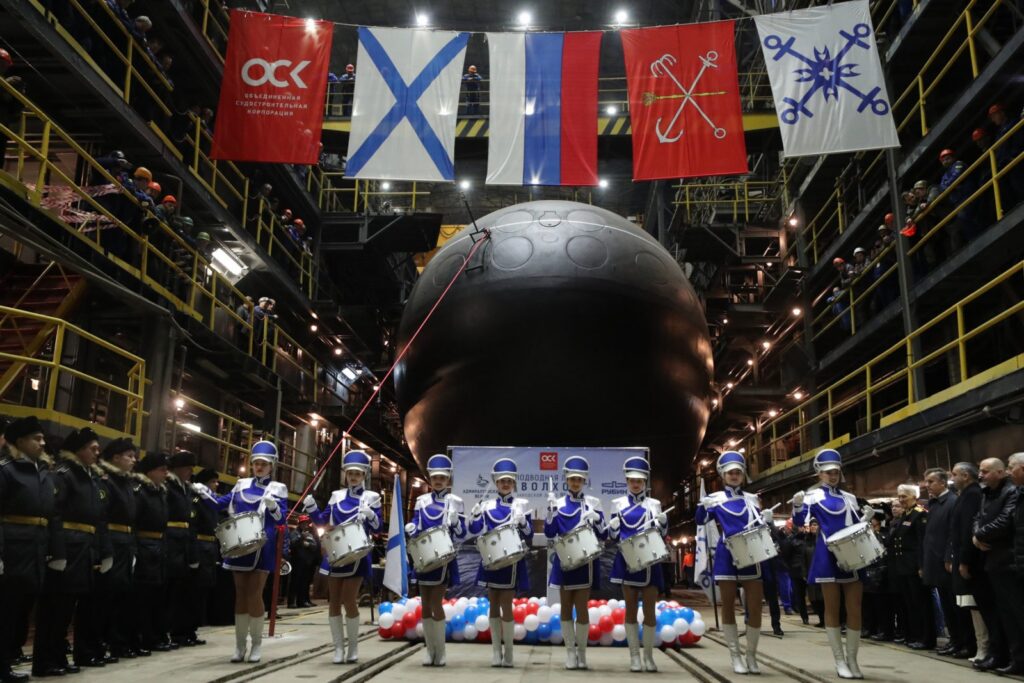
Pavel Luzin examines the most pressing problem facing Russia’s defence industry in 2020s
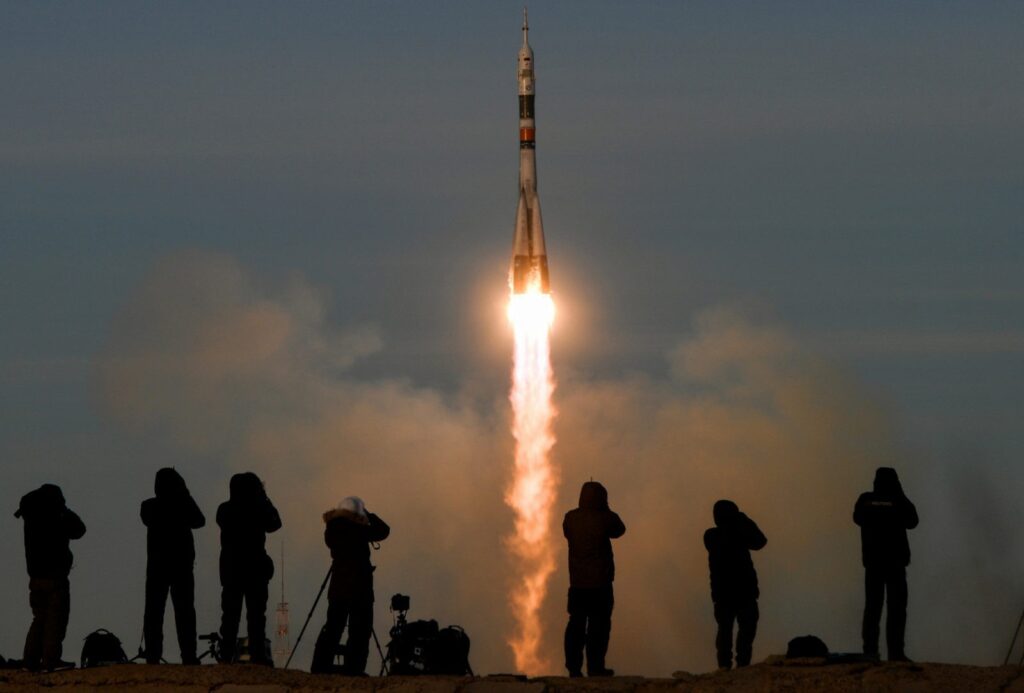
Pavel Luzin on why the Russian authorities want space start-ups - and why they are all doomed
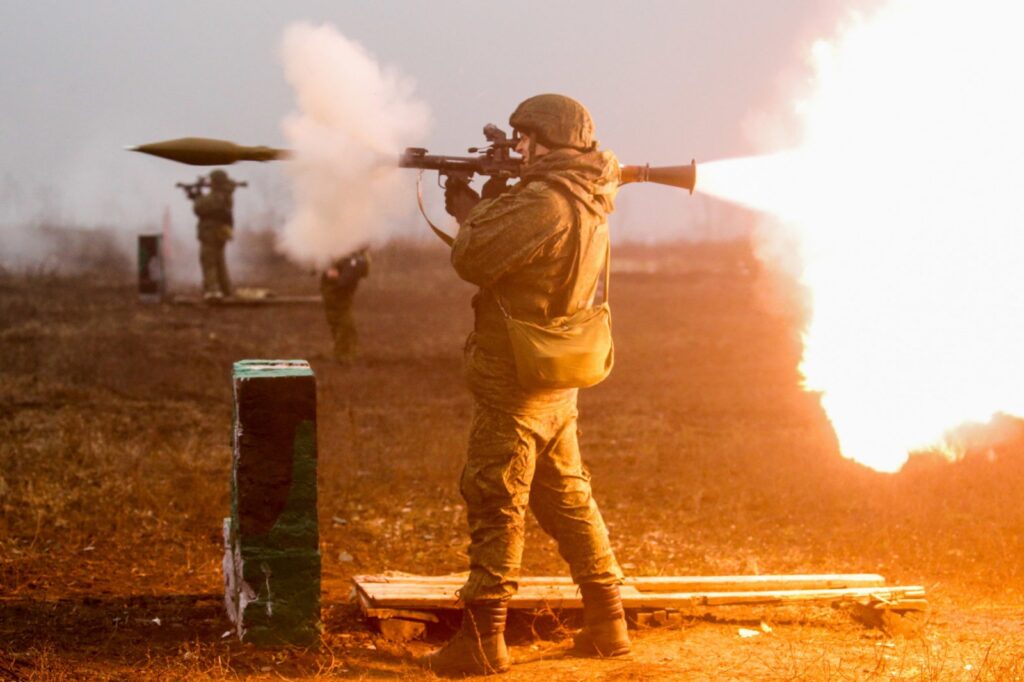
Pavel Luzin considers why the Russian armed forces end this decade in a place of deep uncertainty
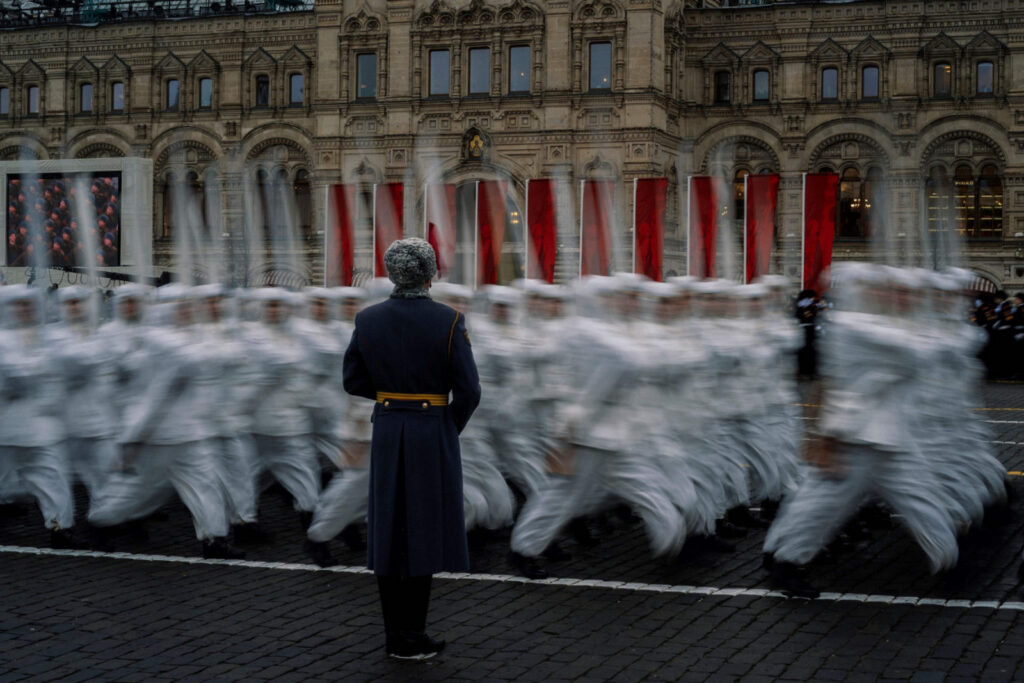
Pavel Luzin on why the Russian army has once again become a source of bad news
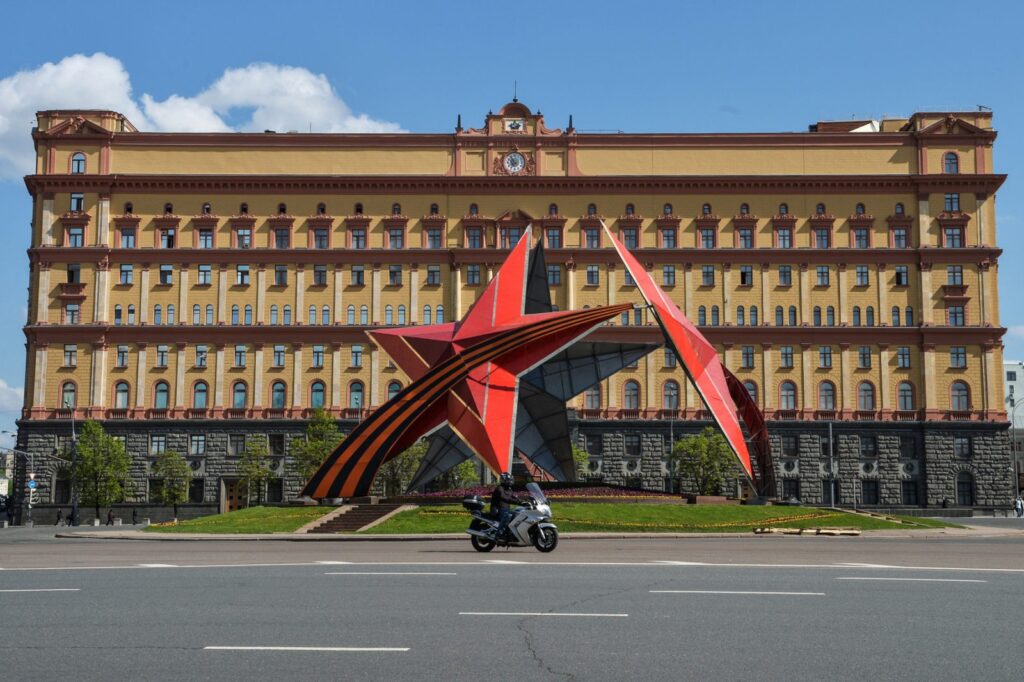
Pavel Luzin writes that Russia’s headline-grabbing “wars” within the security services are nothing of the sort — they are the natural result of a government which violates its own laws
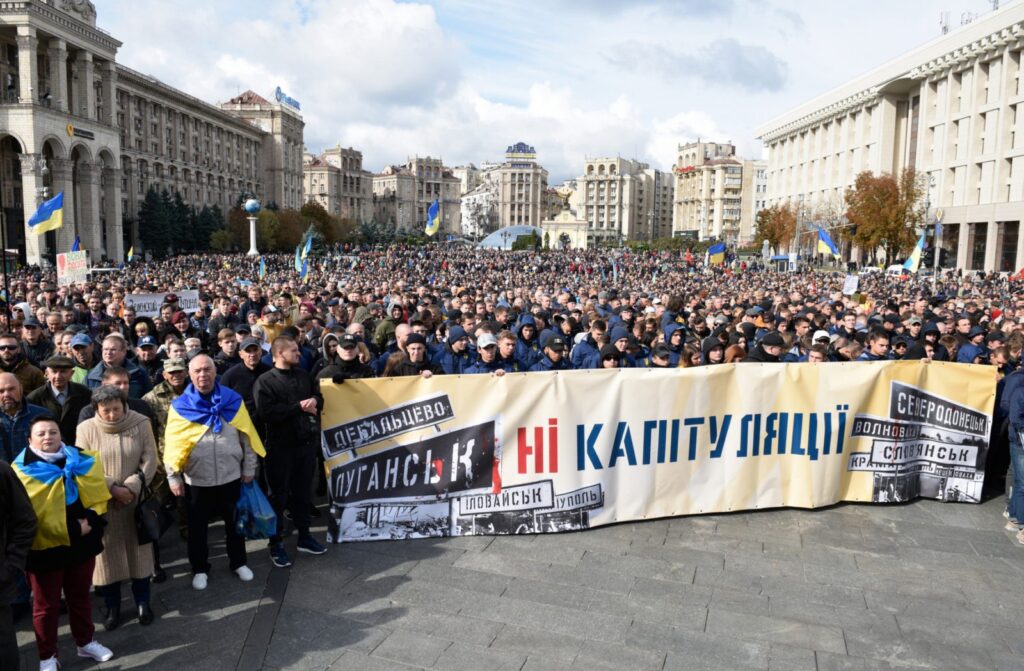
The Steinmeier Formula is not a reason for optimism, nor for alarmism, writes Pavel Luzin
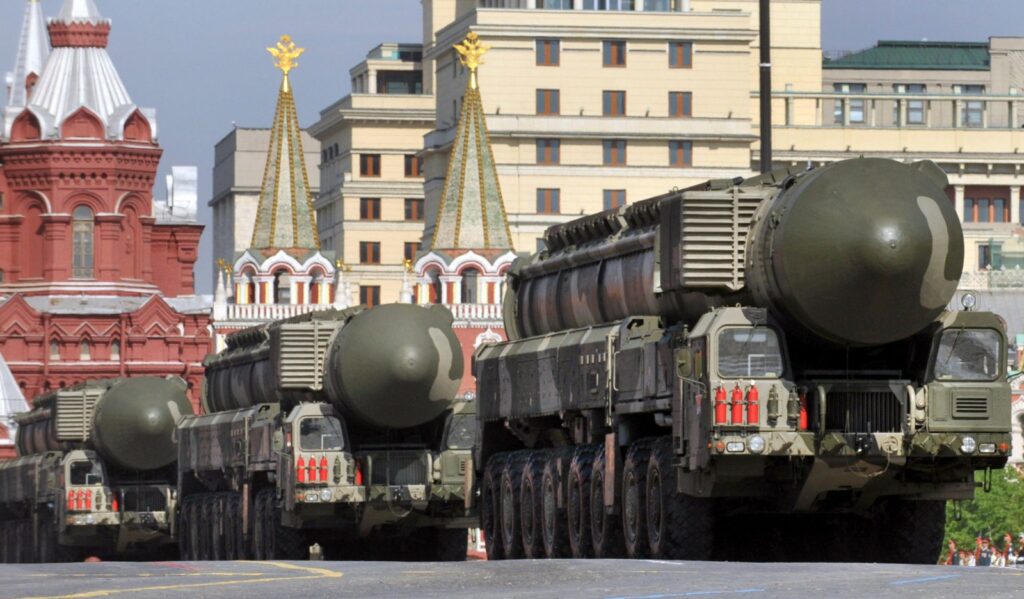
Pavel Luzin considers why the Kremlin is undermining its own efforts for nuclear weapons control, and what this mean for the START treaty.
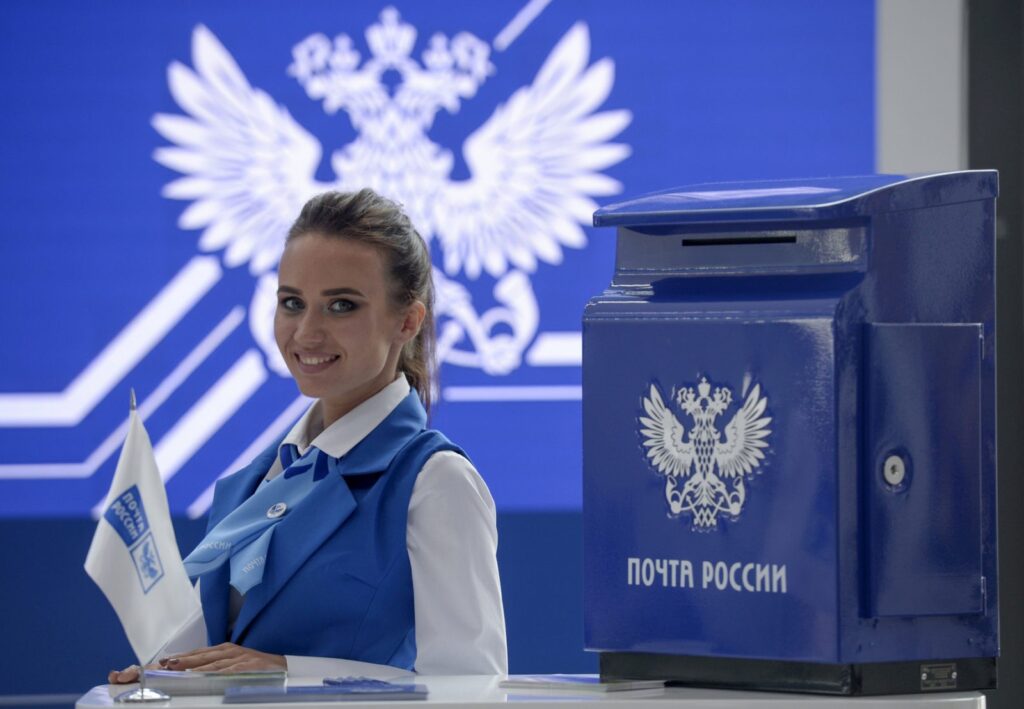
State-owned and state-controlled companies have come to play a crucial role in managing Russia and guaranteeing stability in the regions. But can the Kremlin depend on them alone in the turbulent years ahead?
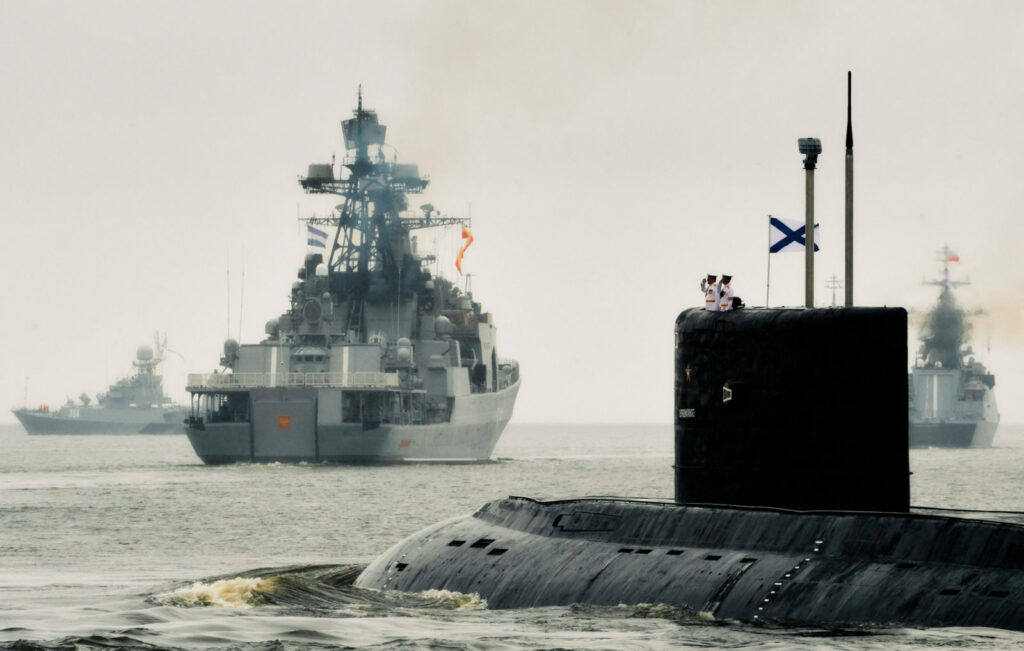
Pavel Luzin discusses the Russian Navy’s limited prospects for the future
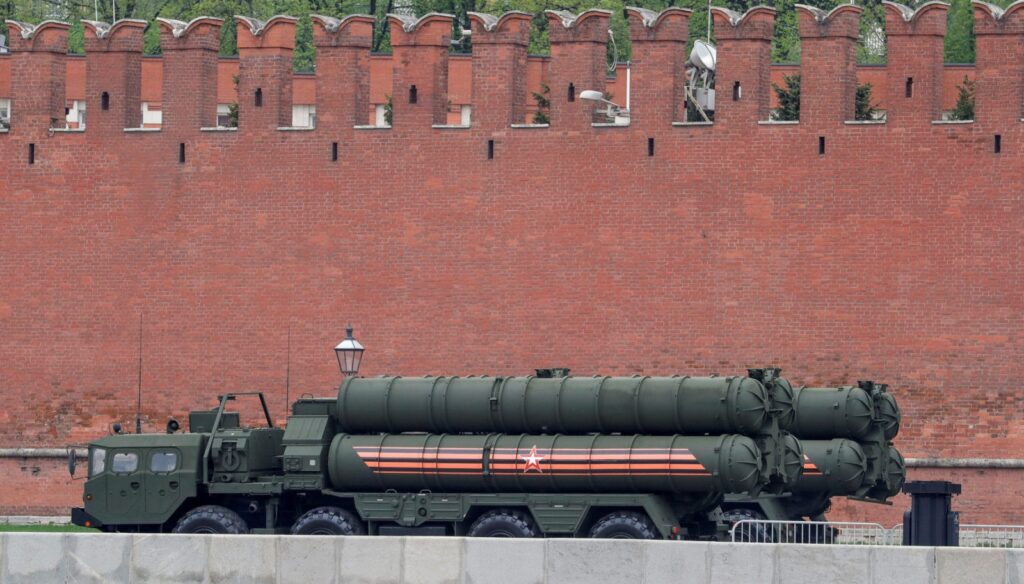
Why has the S-400 missile system become such an important instrument of Russian diplomacy?
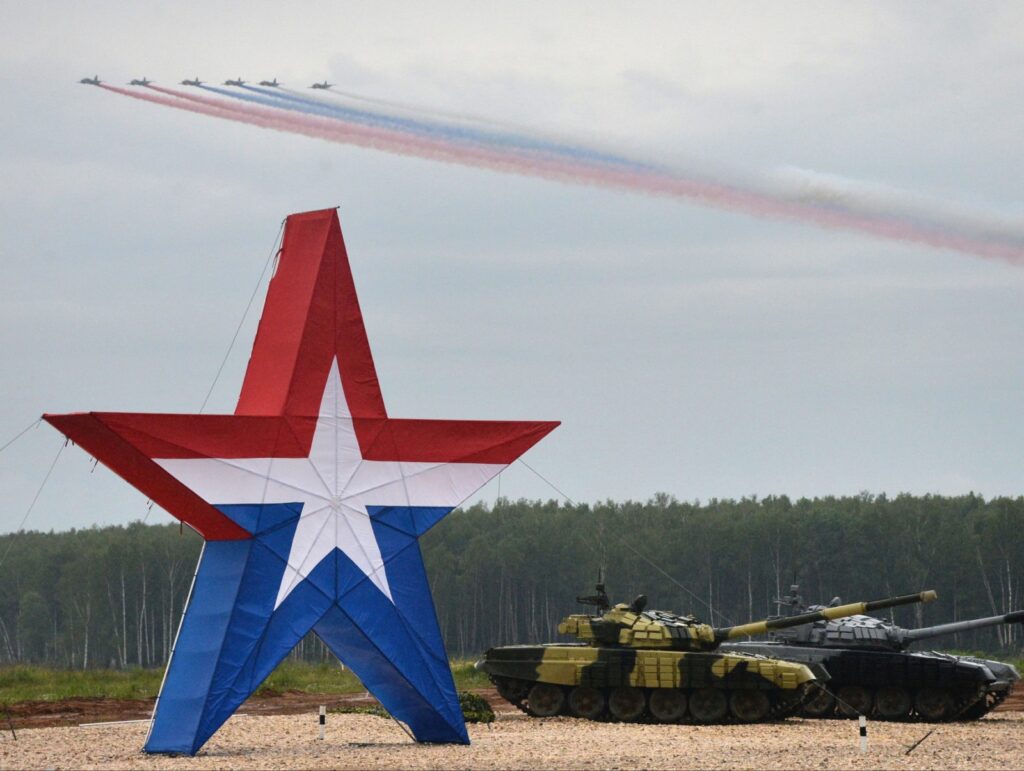
Part four of “Russian Media: Moscow and Beyond Calling”: on the place of the military’s press in Russia’s media landscape
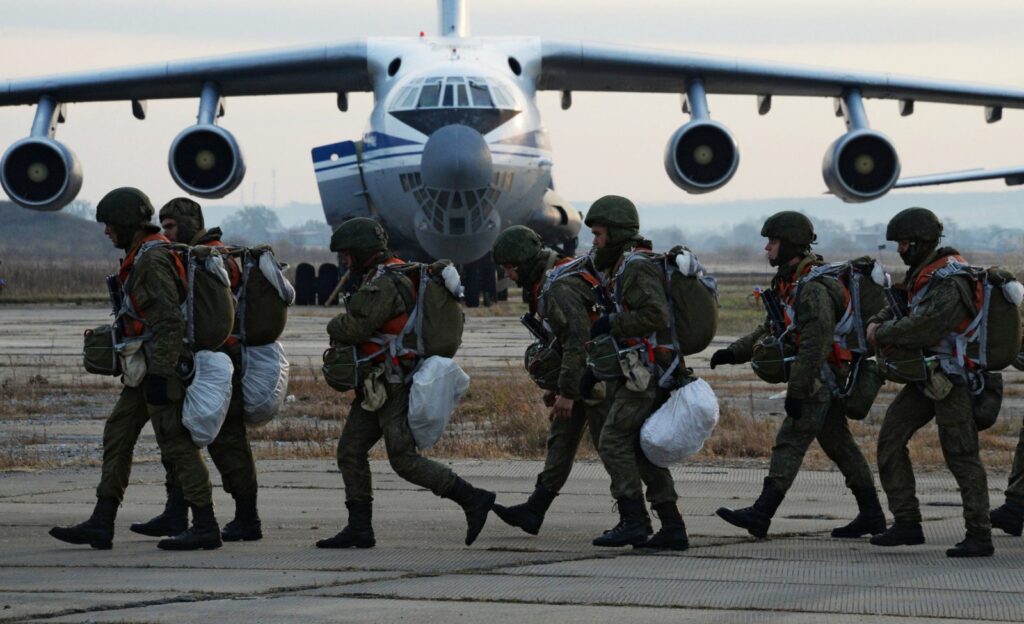
Pavel Luzin considers the future role of air transport in Moscow’s military strategy
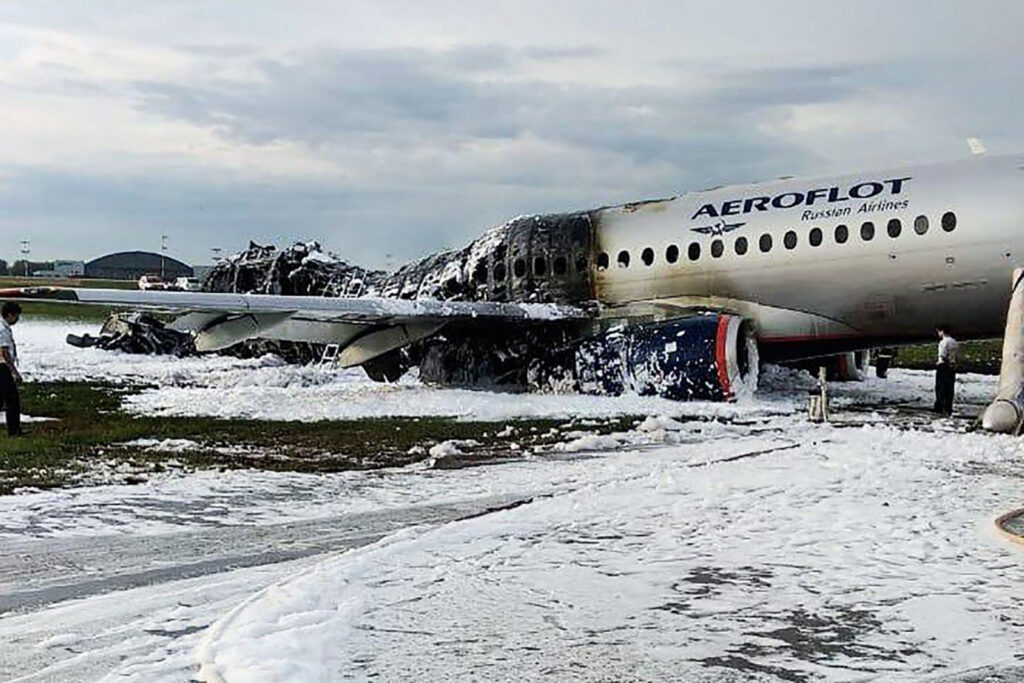
Here’s why Russia has one of the worst safety records for commercial aviation
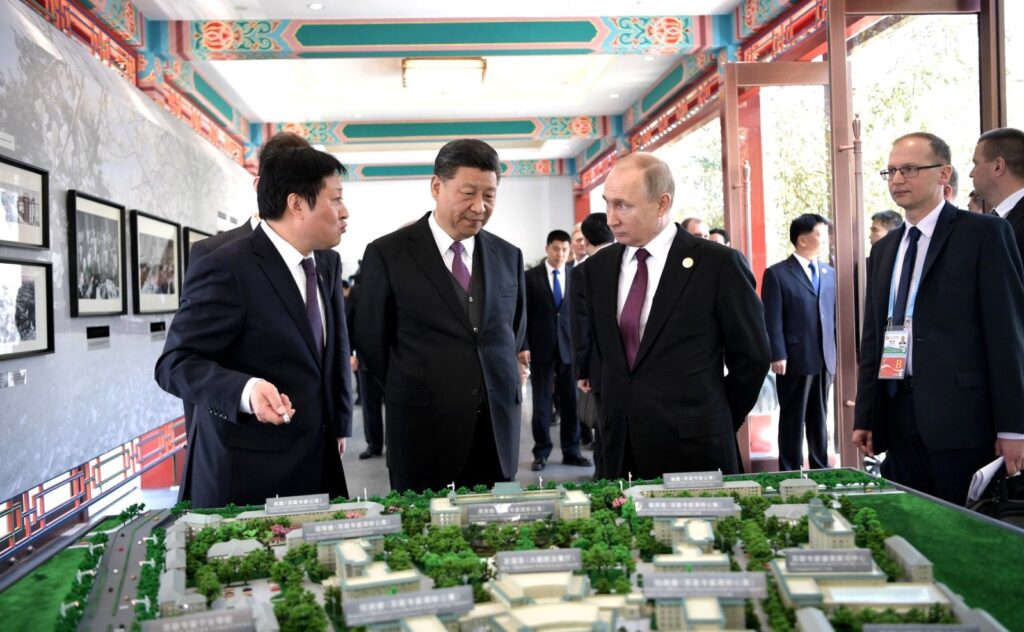
Pavel Luzin considers to what extent China really is a threat to Russia
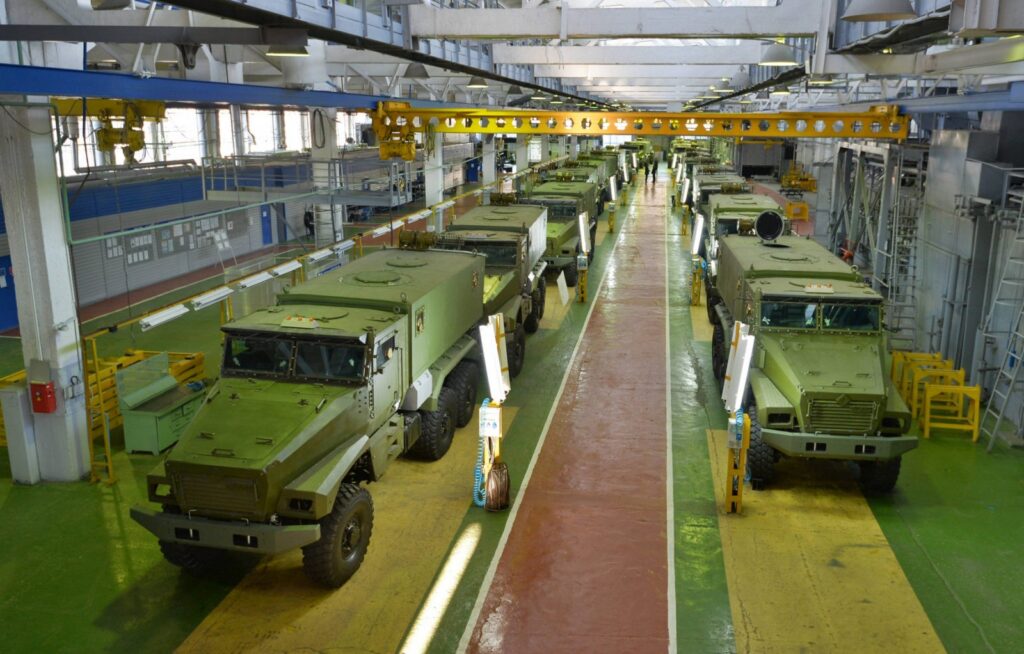
The second part of the series ‘Safety first’: how does rearmament affect the defence industry, and how does the industry affect the Russian authorities?
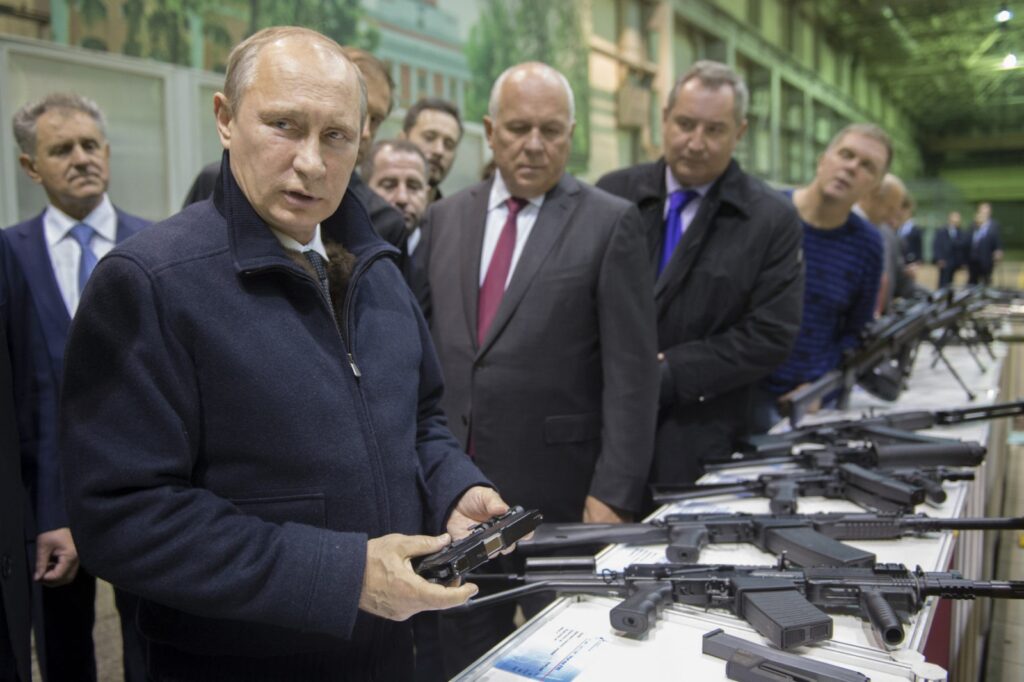
Pavel Luzin considers the political and economic factors which make Rostec worth watching
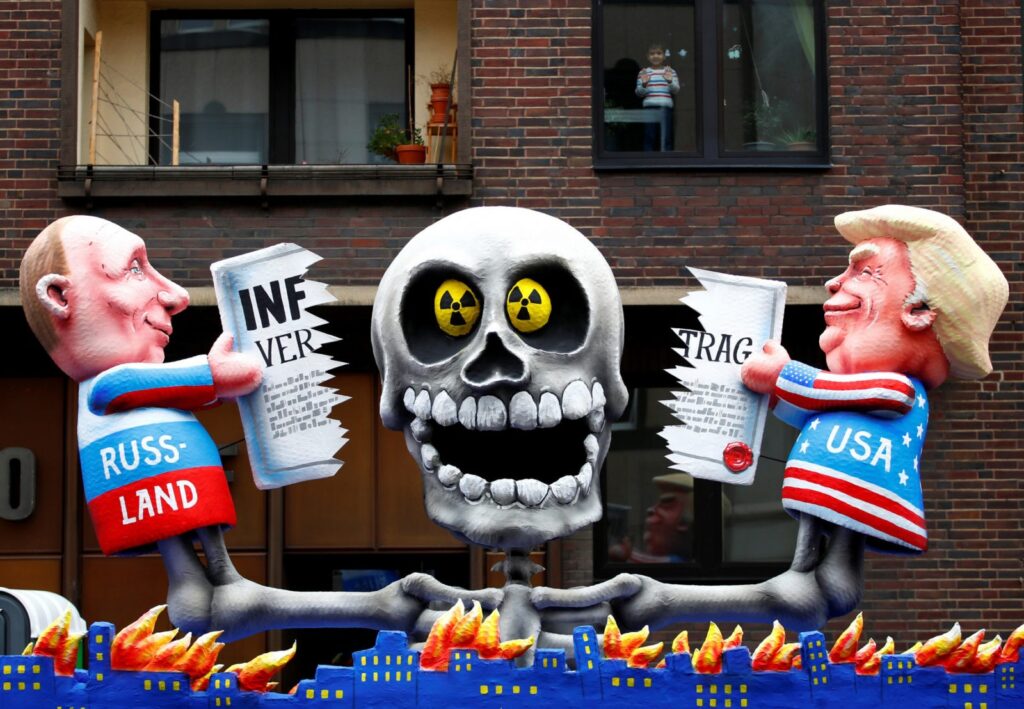
Pavel Luzin explores the realities of Russia's nuclear missile capabilities, and what this means for future arms limitation talks
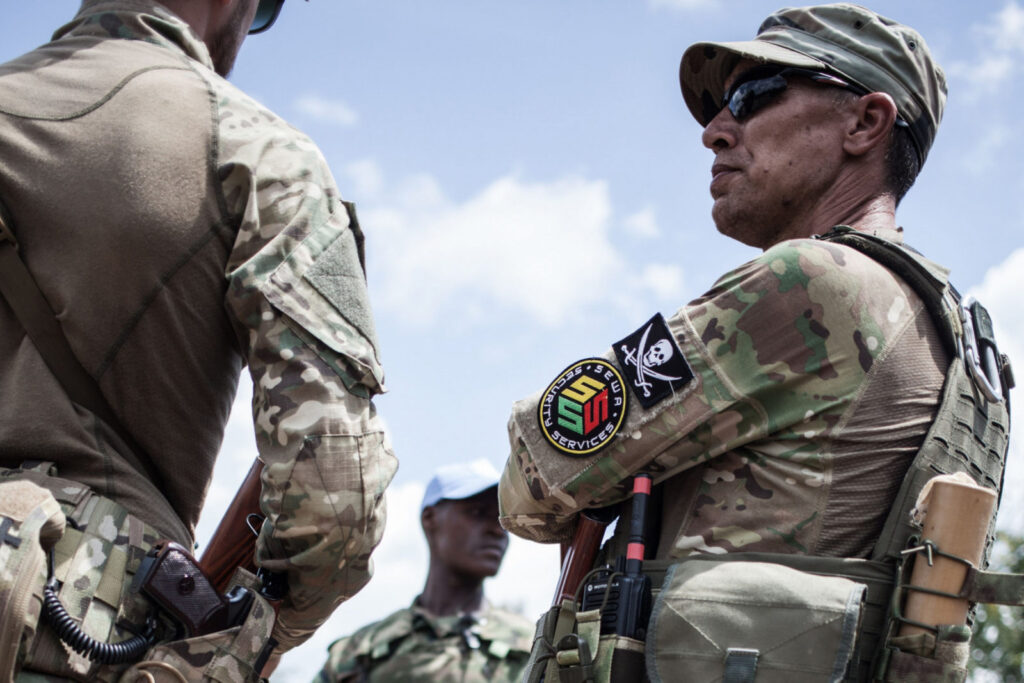
Pavel Luzin considers the difference between real private military contractors and outsourced cannon fodder
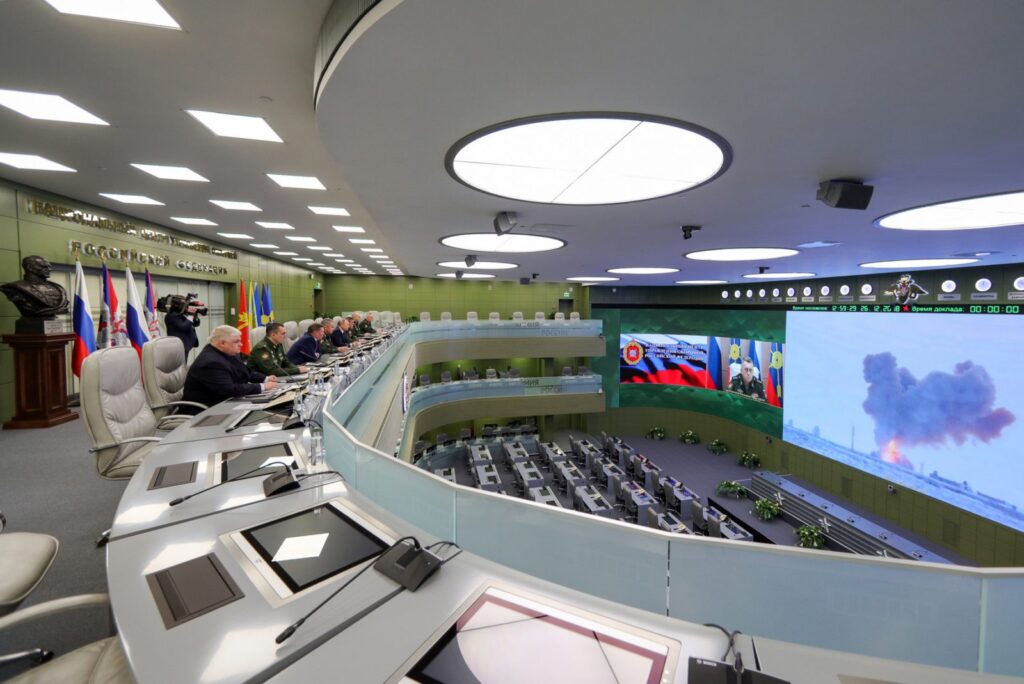
For years, the Russian authorities have entertained the possibility of a major war, and have spent considerable time and resources preparing the underlying infrastructure
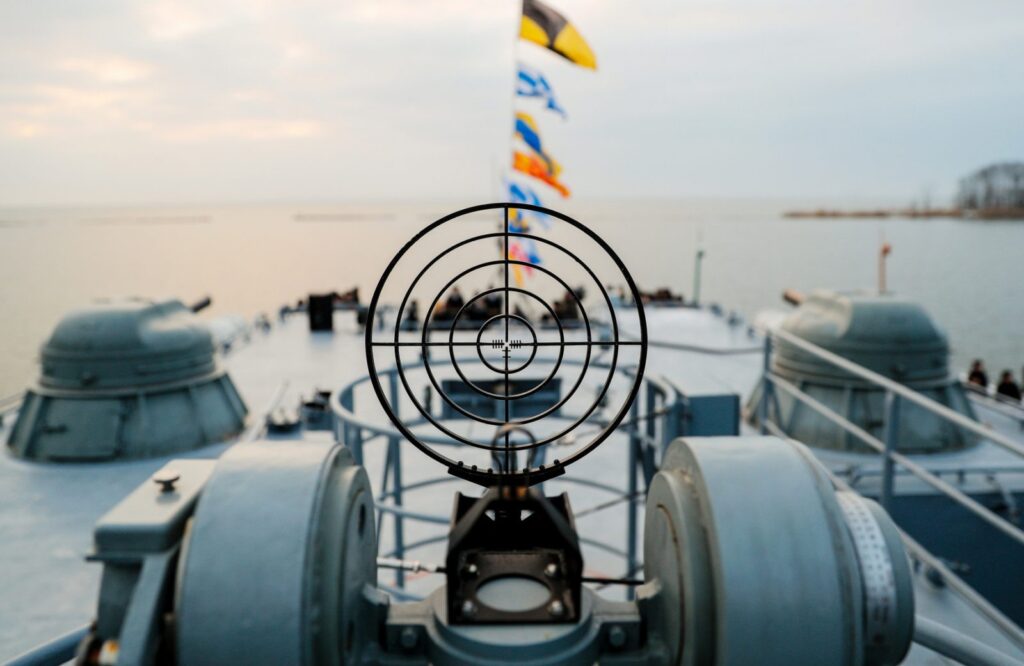
Pavel Luzin on the problems and projects which will occupy the Russian military next year
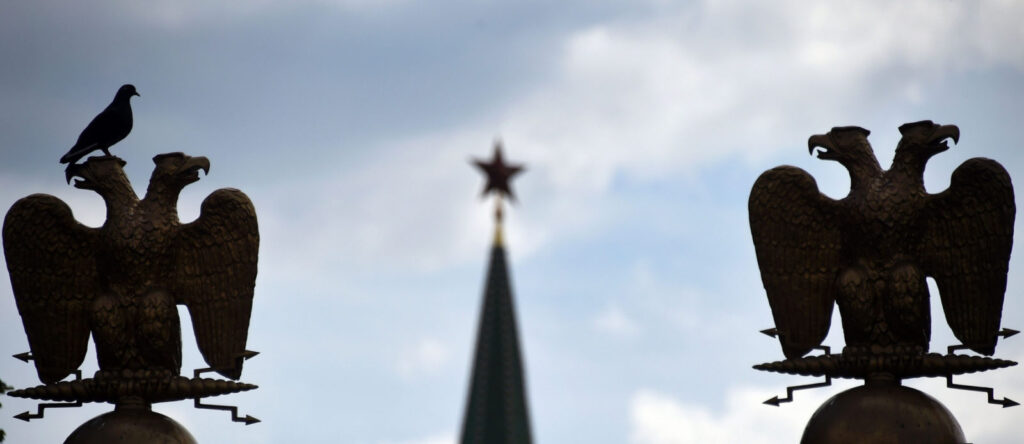
The year is 2028. The multipolar world has arrived. The Western-led multilateral order has given way to different centers of power and influence, notably the United States, India, Brazil, a more autonomous European Union, and an ever-closer axis of autocracy between Russia and China
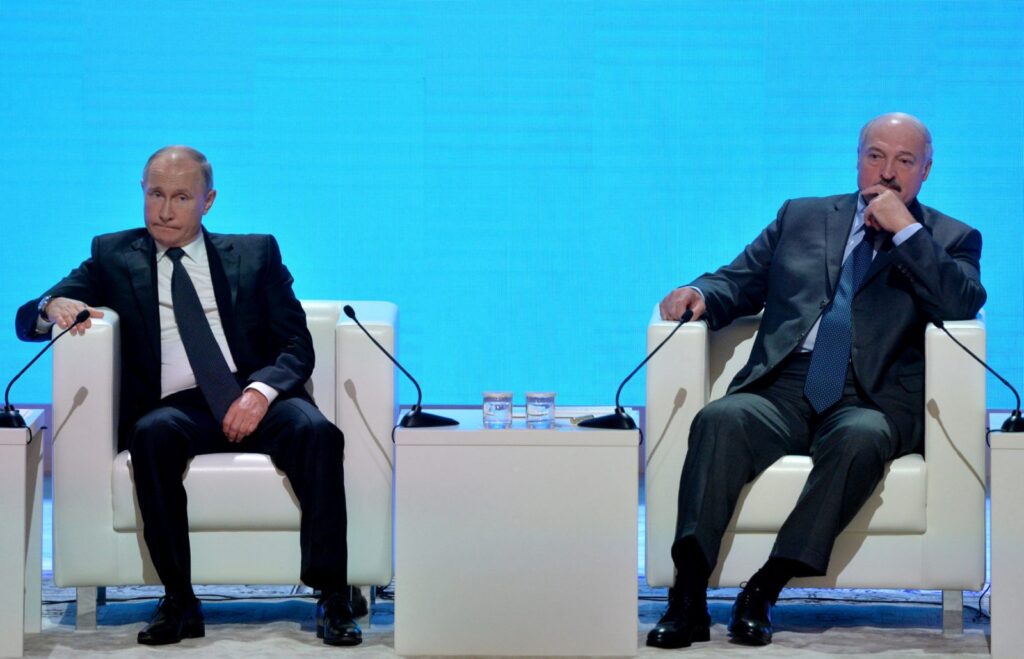
Even though relations are getting prickly between Russia and Belarus, international and domestic conditions would have to change substantially before Russia resorted to force against its western neighbor and long-time ally. But it would still be unwise to rule any such scenario out entirely.
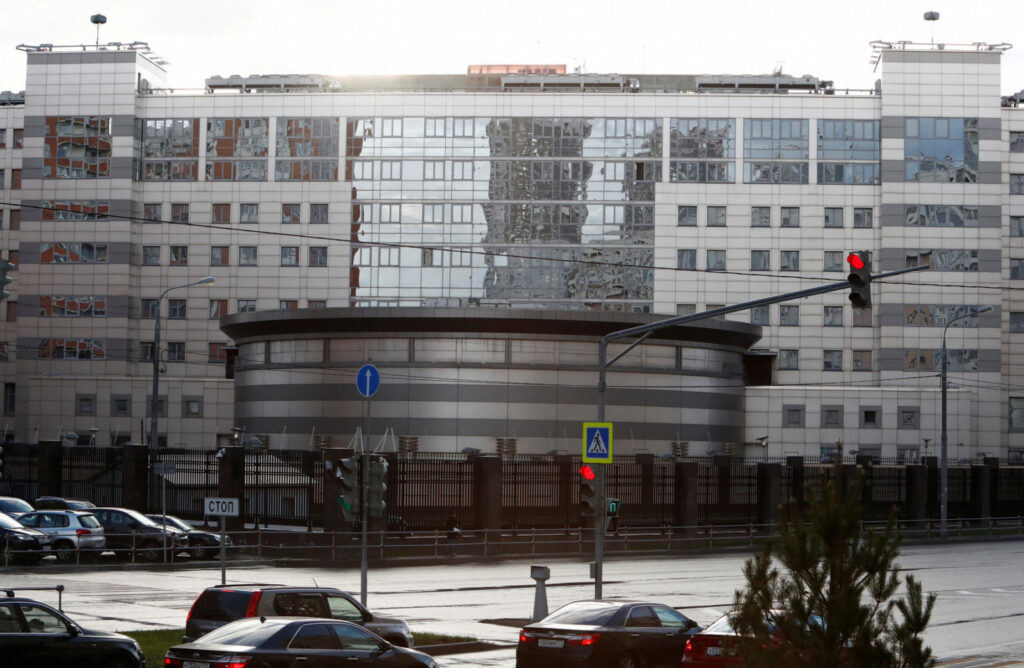
A string of errors from the General Staff’s Main Office will have major knock-on effects on how intelligence agencies interact with Russia’s political system
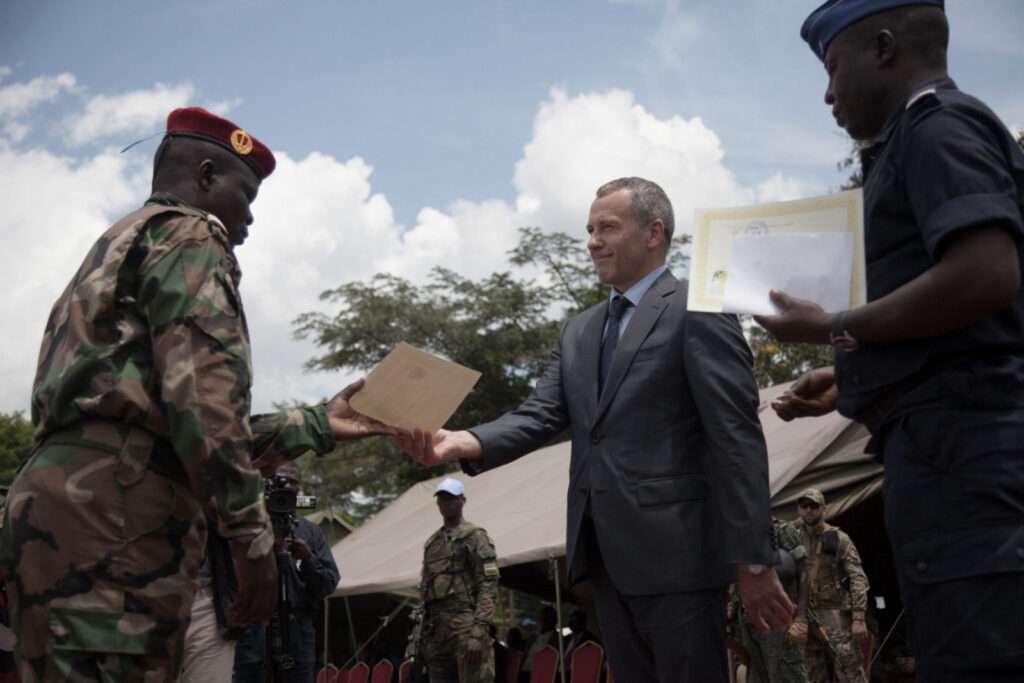
Explaining Russian policy in Central Africa
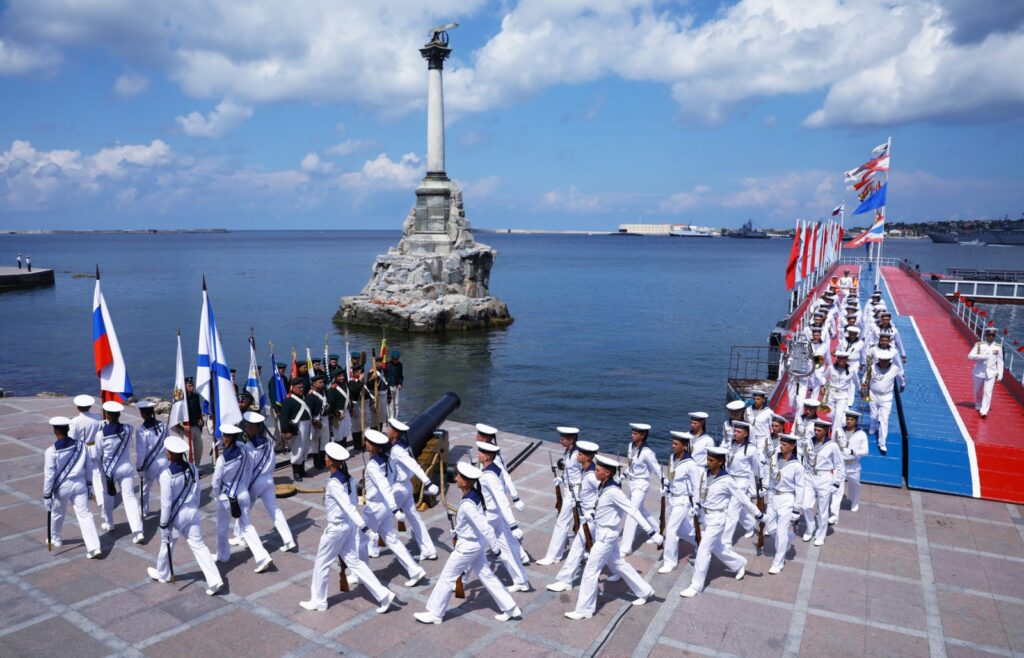
What Russia’s military spending on the Crimea says about the Kremlin’s strategy on the Black Sea
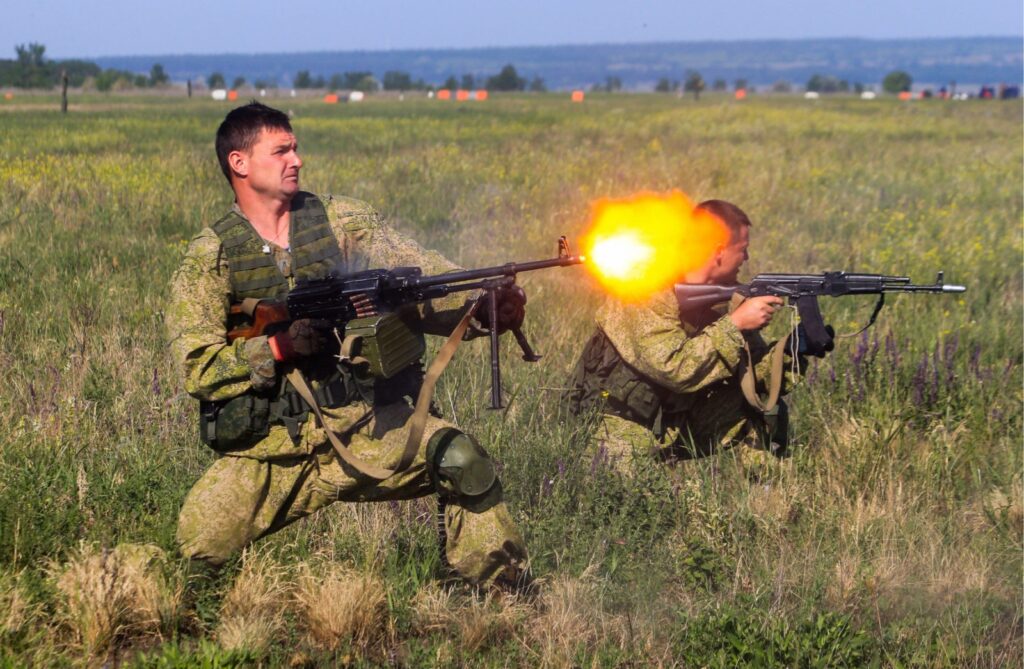
Why do some military units in Russia now bear the names of European cities?
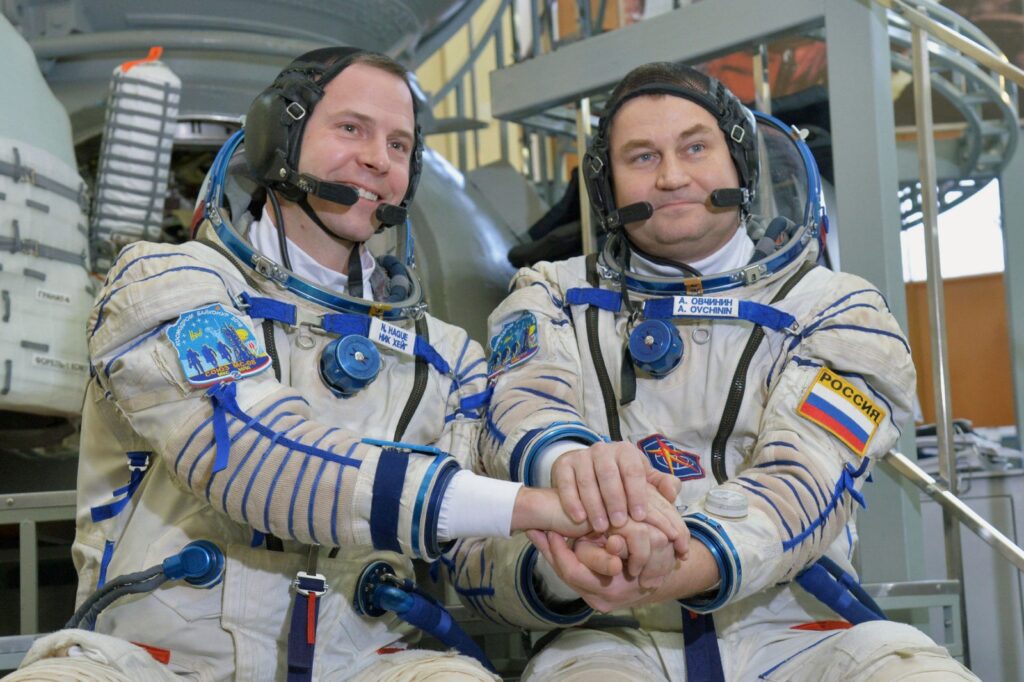
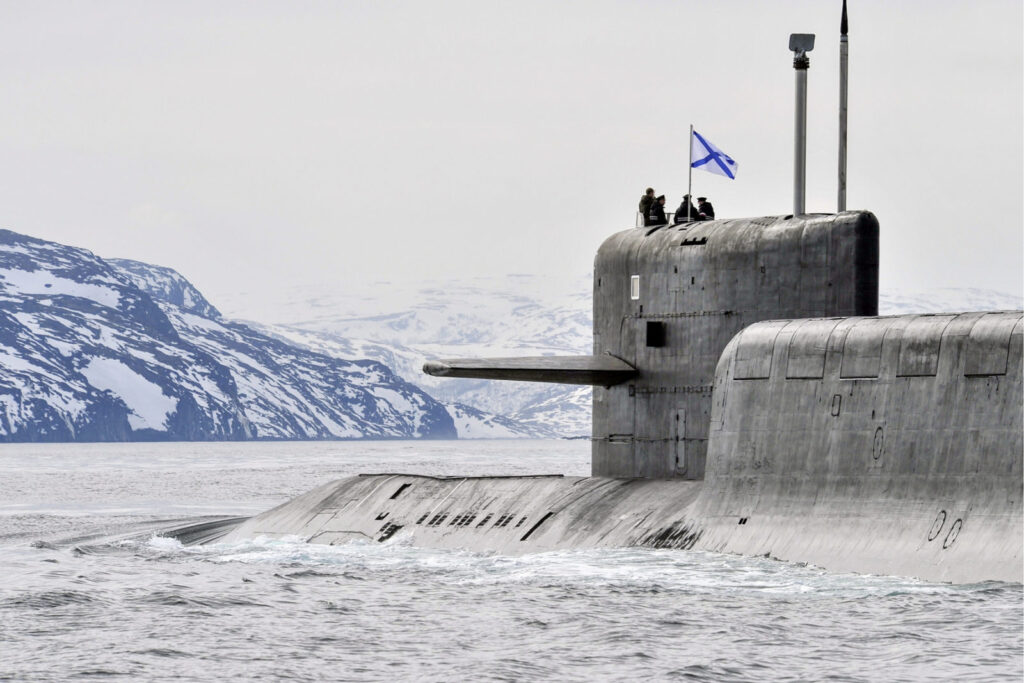
Beyond inflated official statistics and lofty rhetoric, what are the real capabilities of Russia’s tactical nuclear weapons programme, and how does this square with today’s doctrines of nuclear de-escalation?
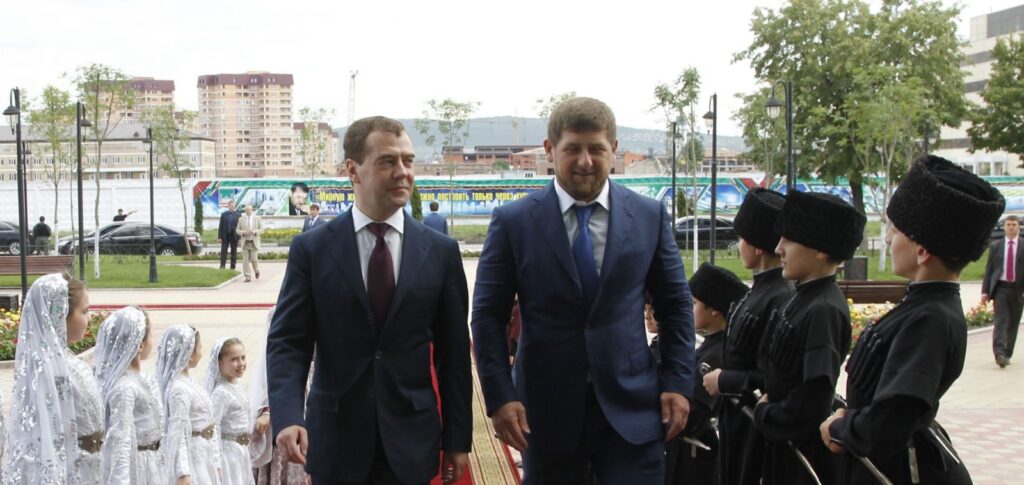
The Kremlin’s foreign policy is becoming increasingly dependent on Chechnya’s brutal dictator
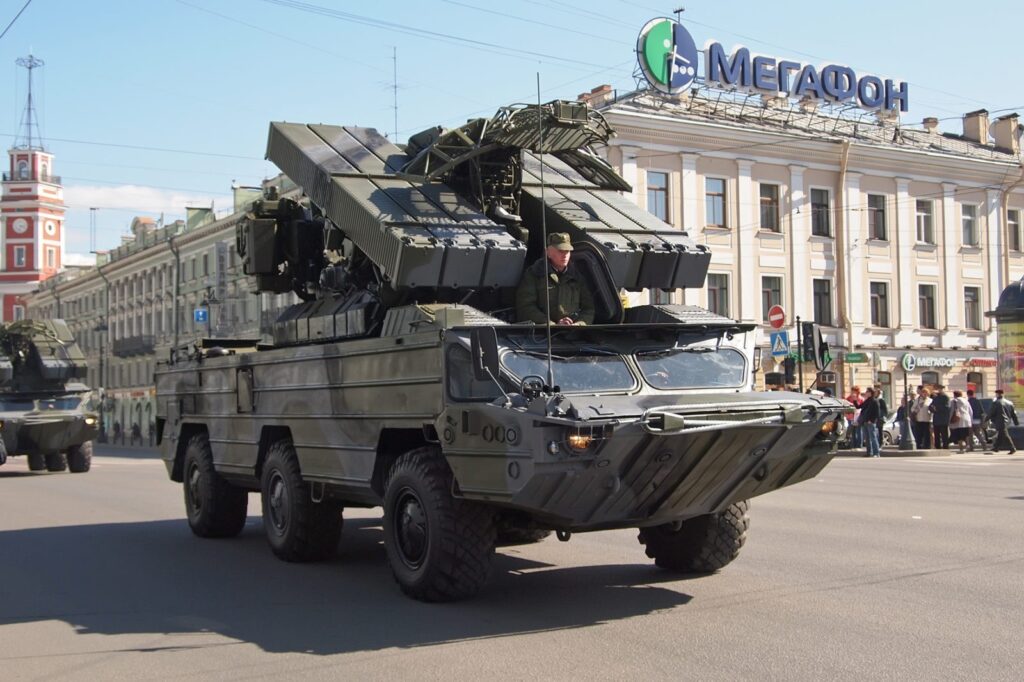
In a context of economic stagnation, arms production remains a priority for Moscow. The GPV-2027 spending priorities are a useful indicator of the Kremlin’s long-term political mindset.